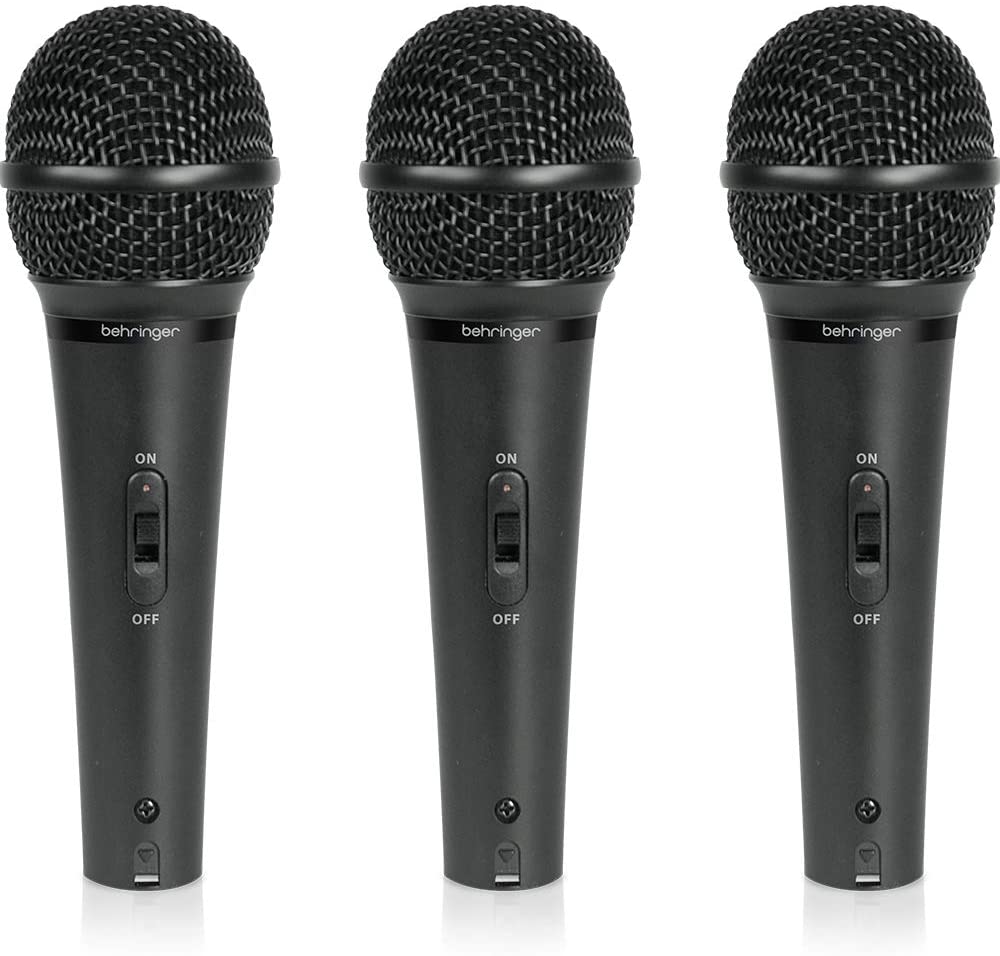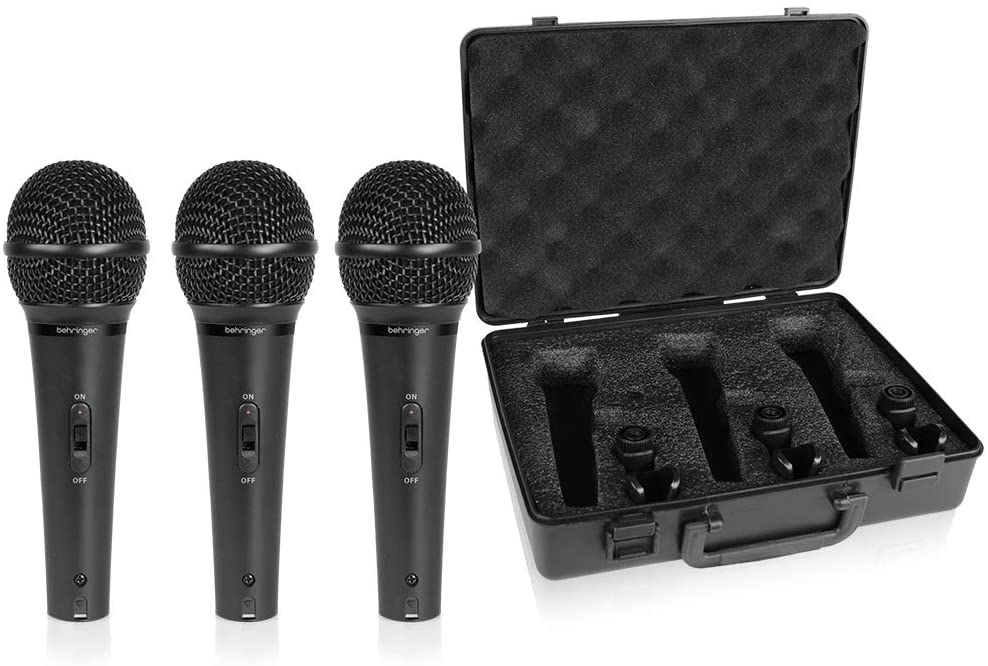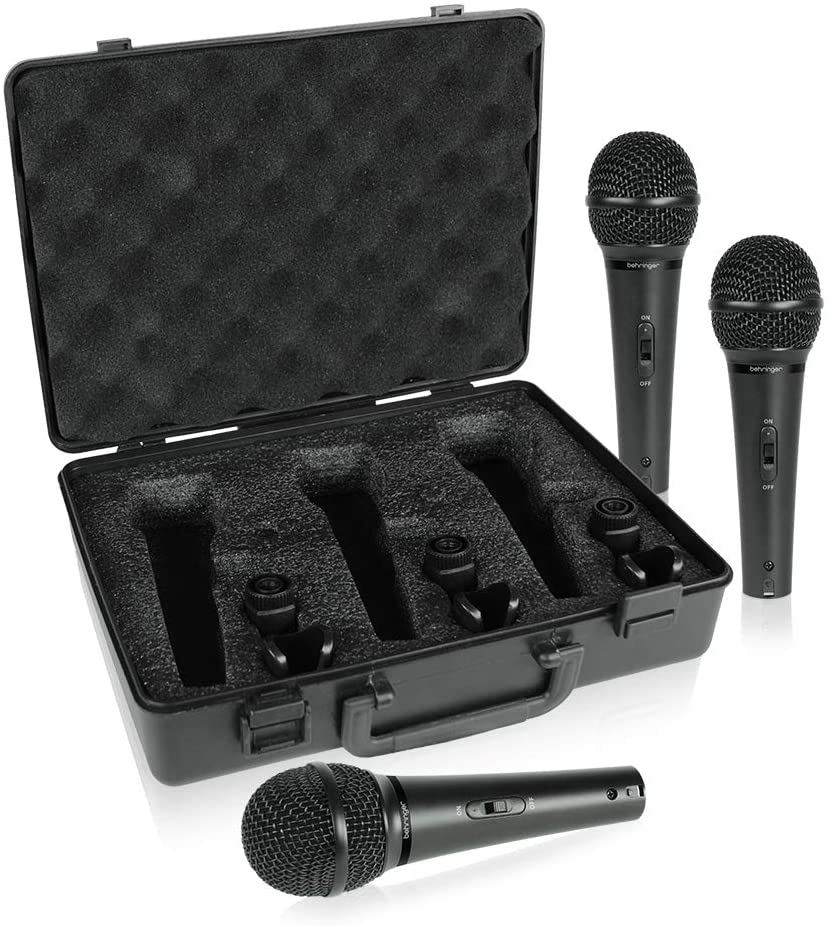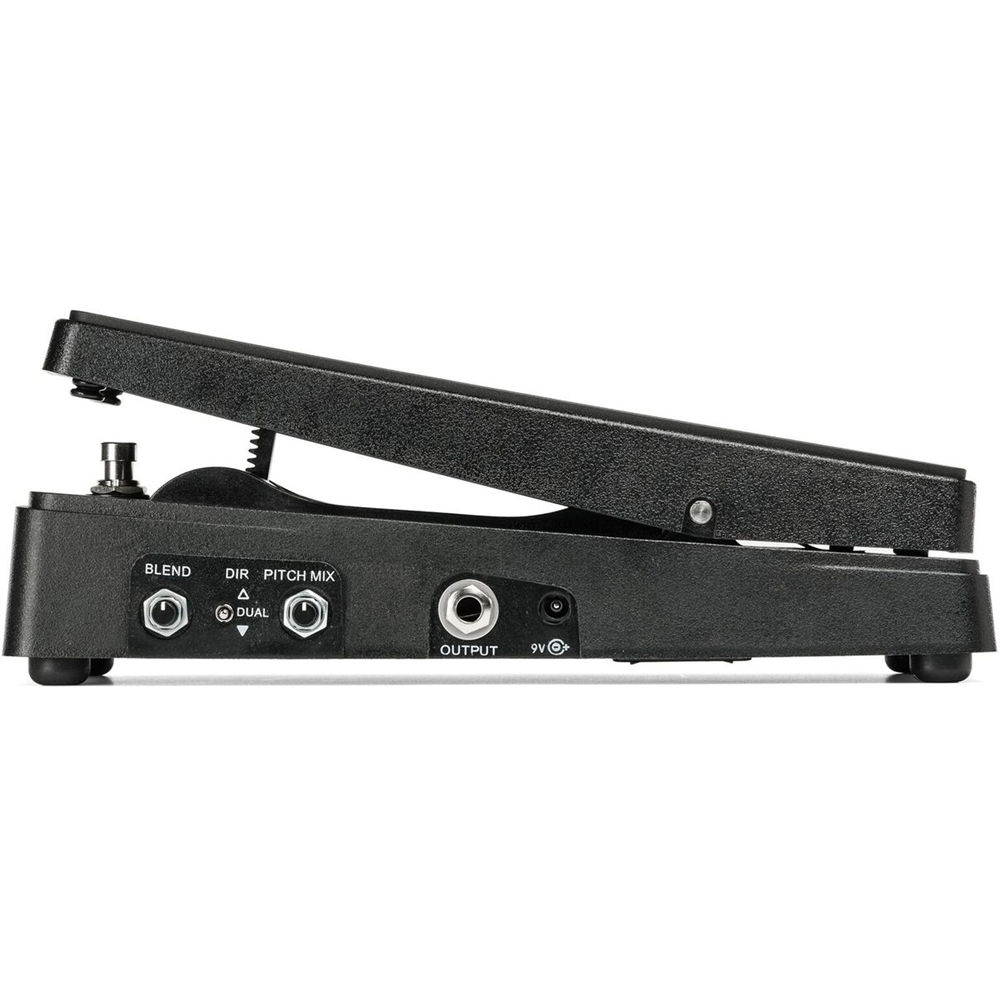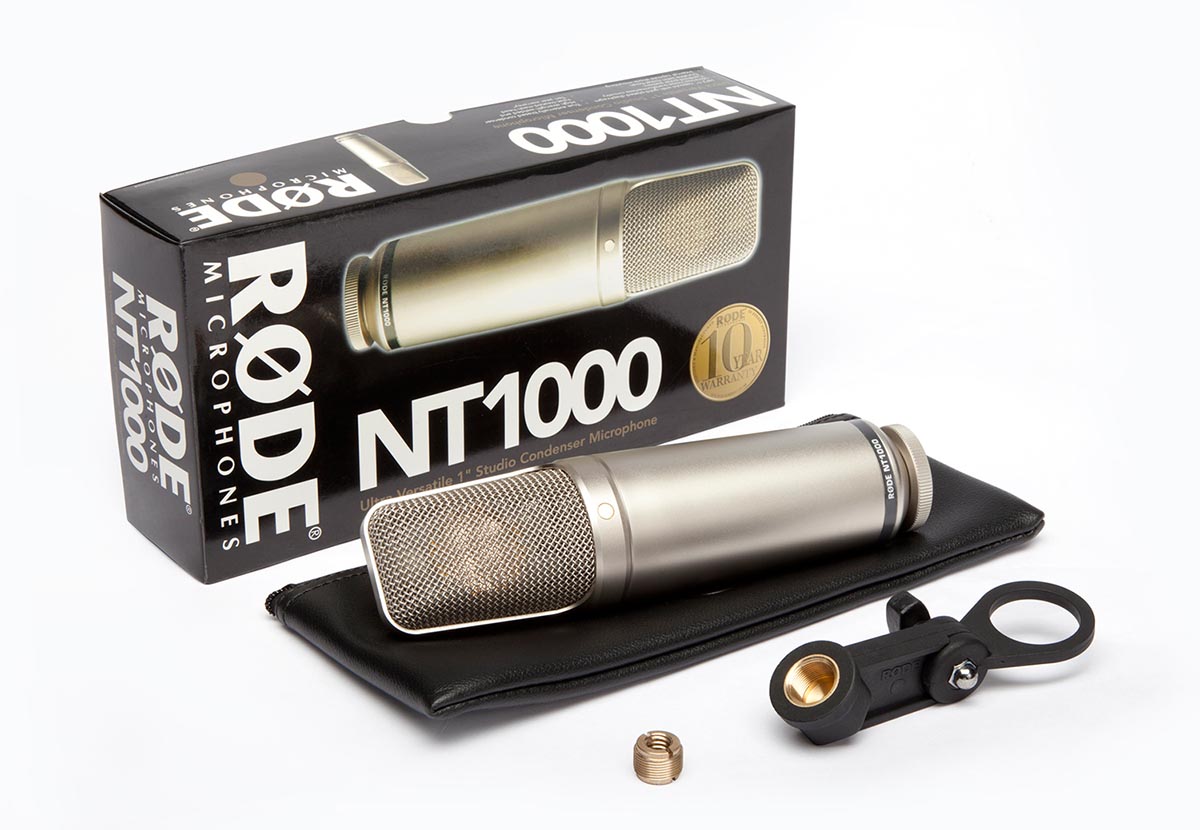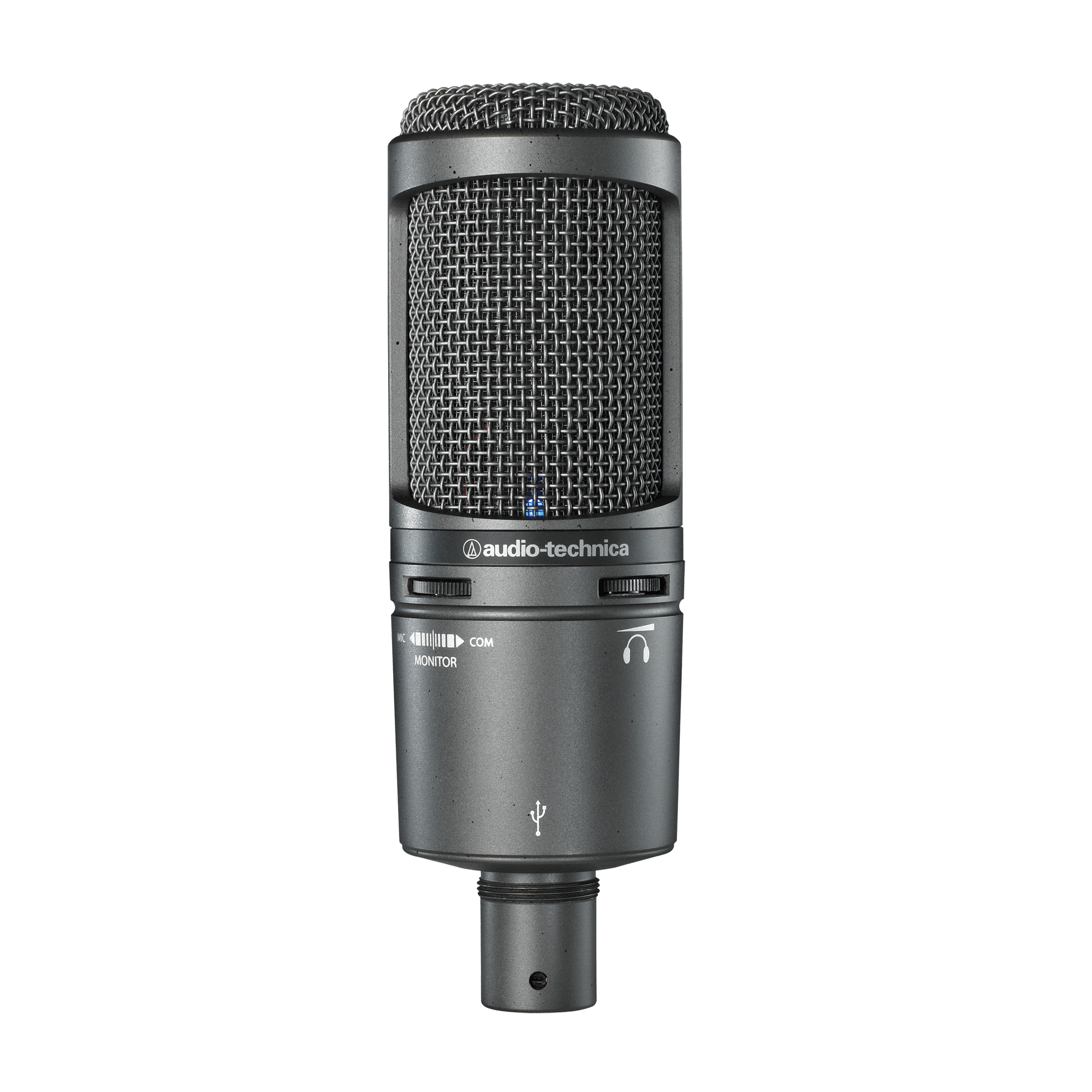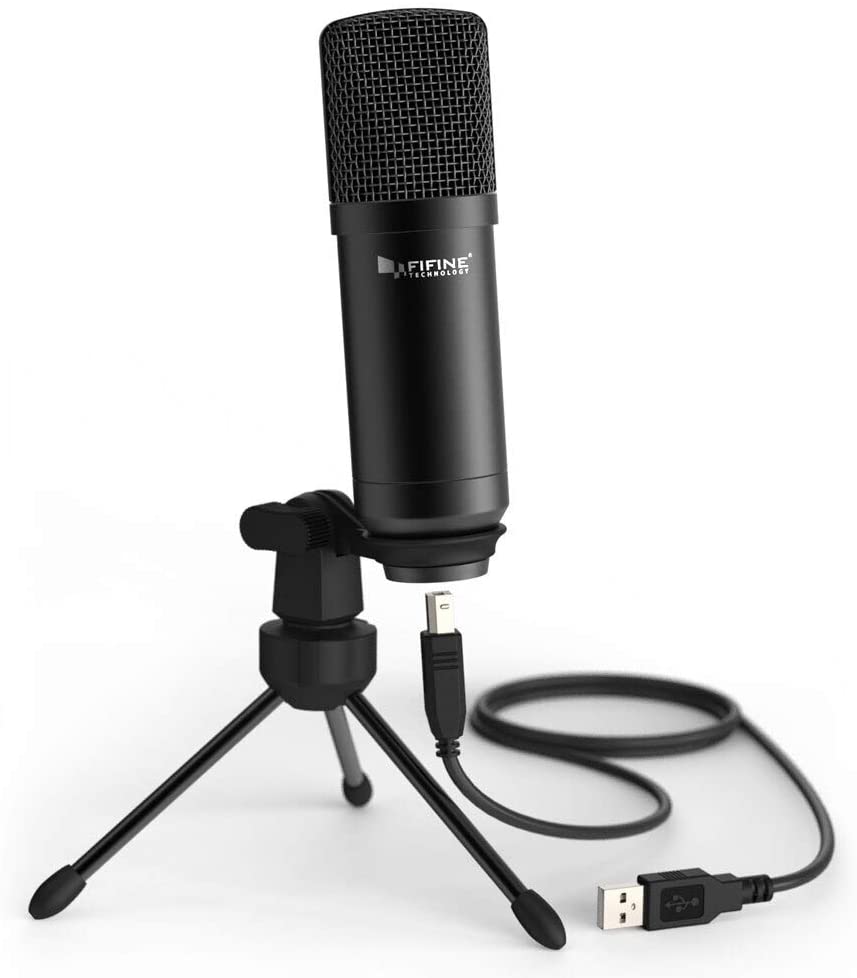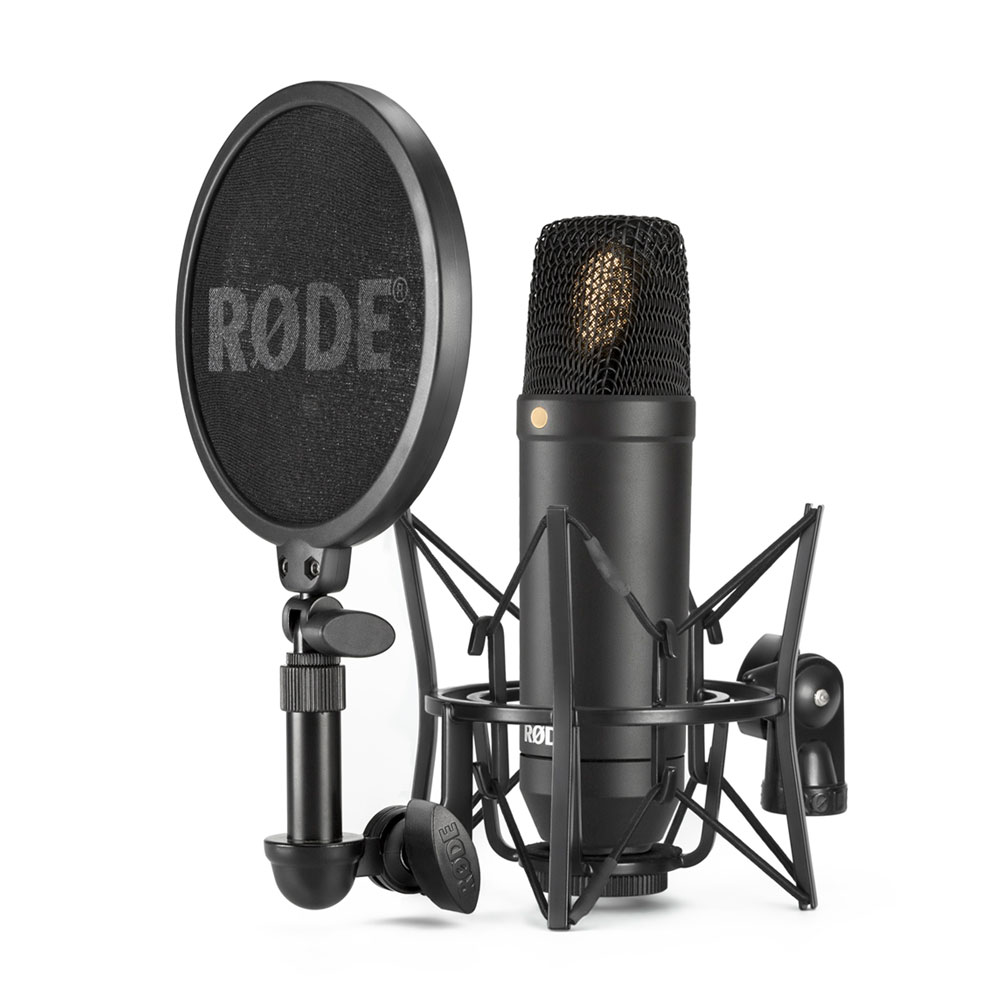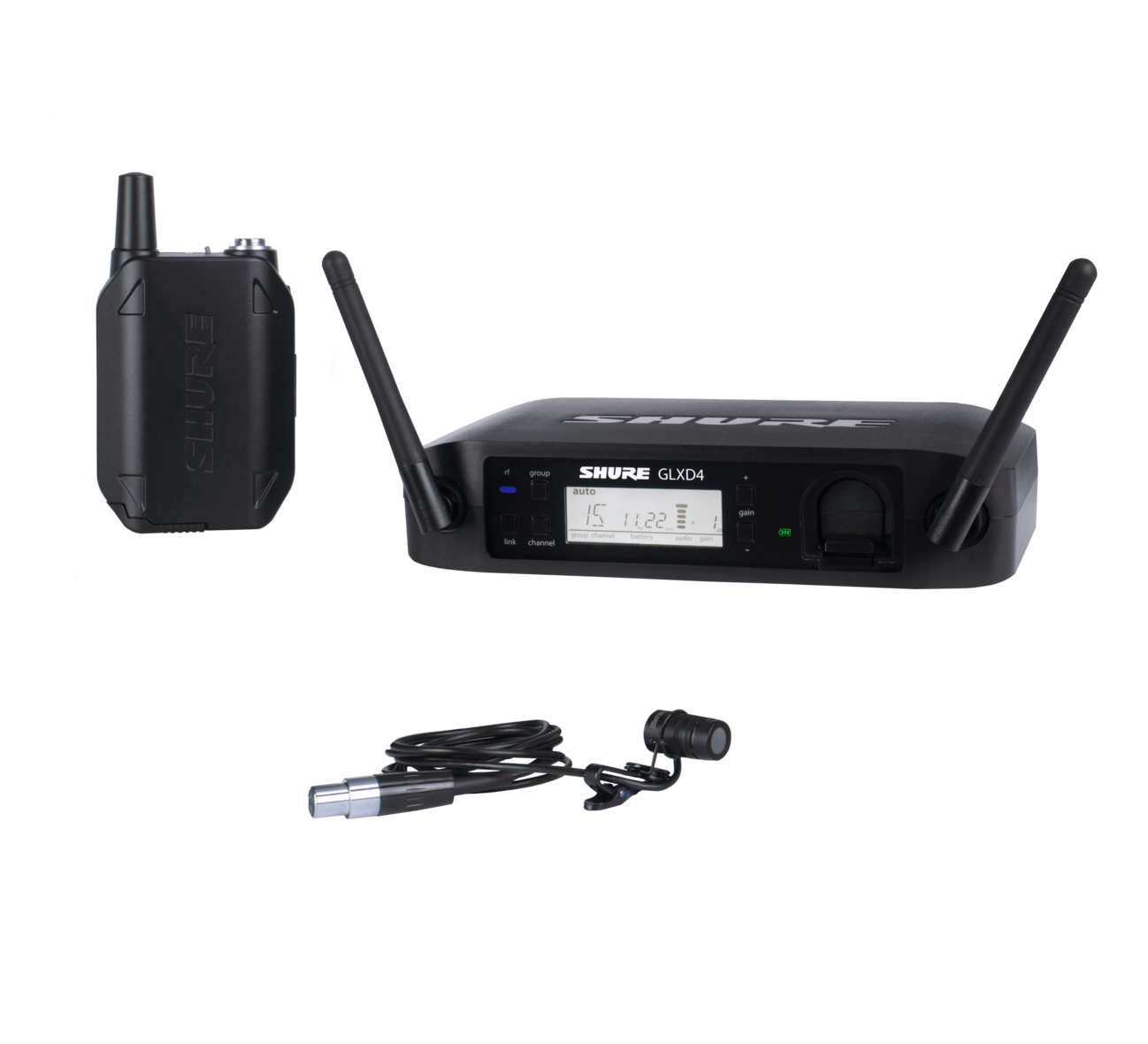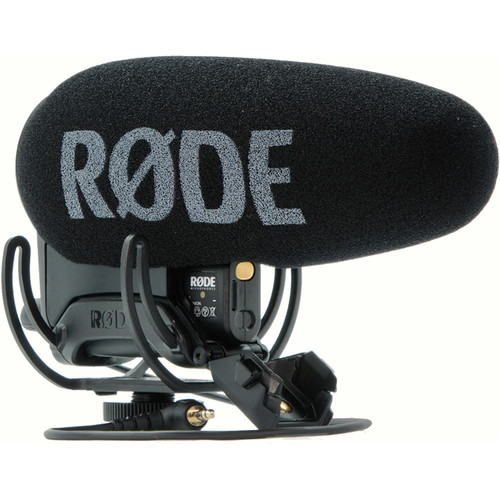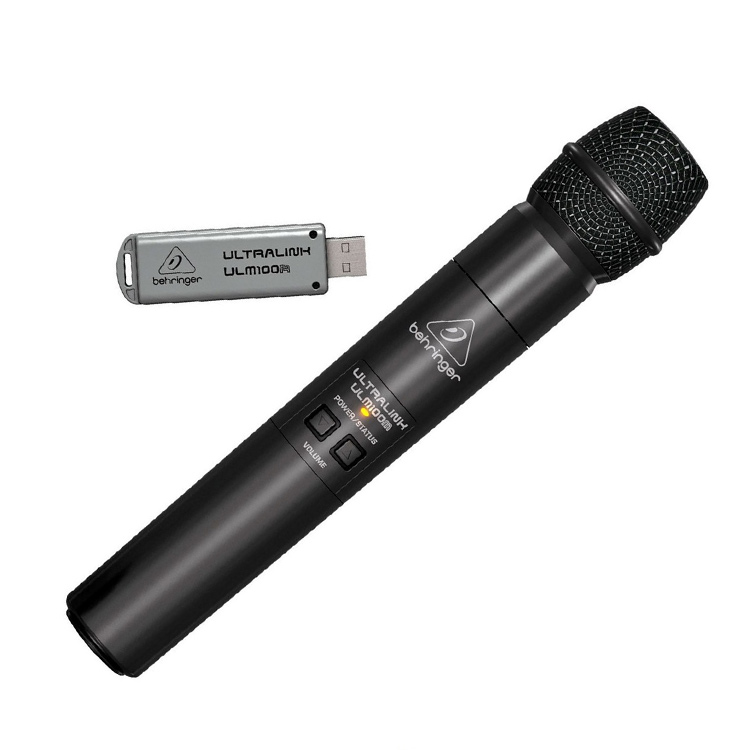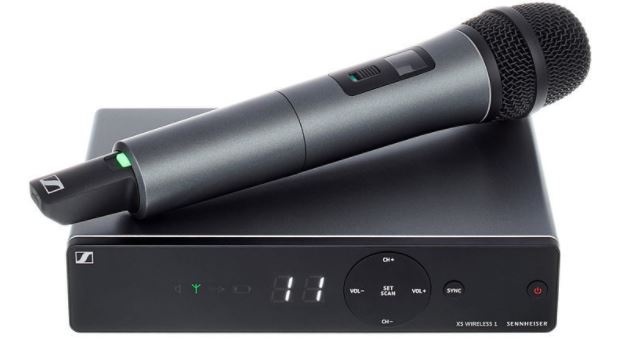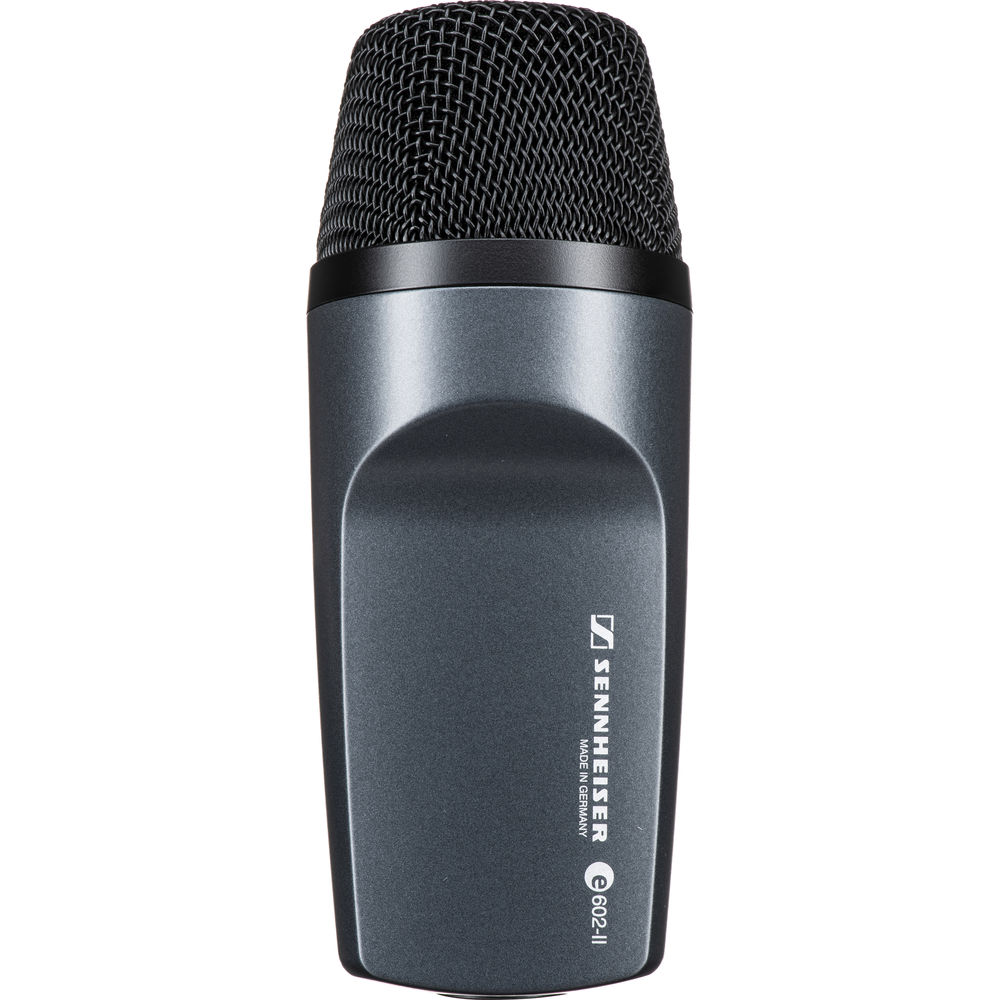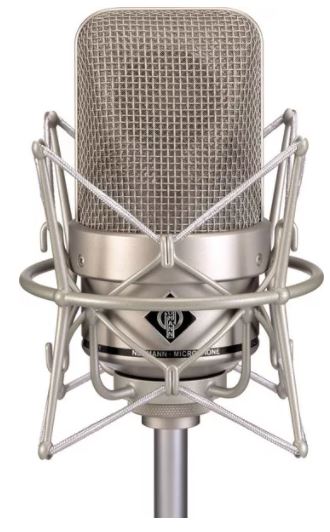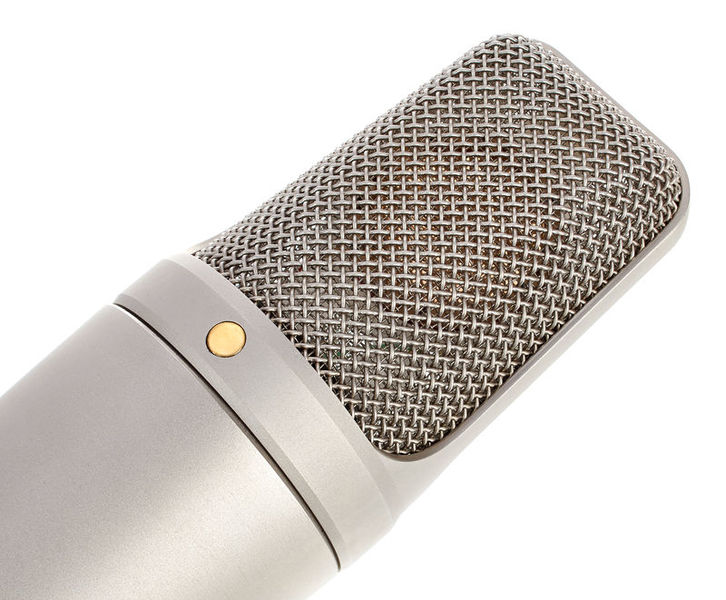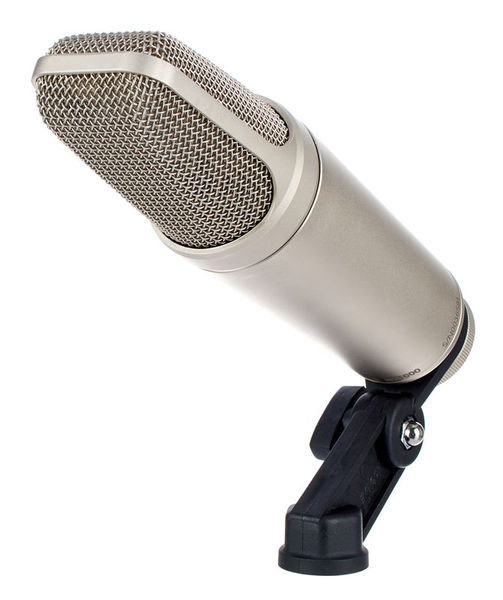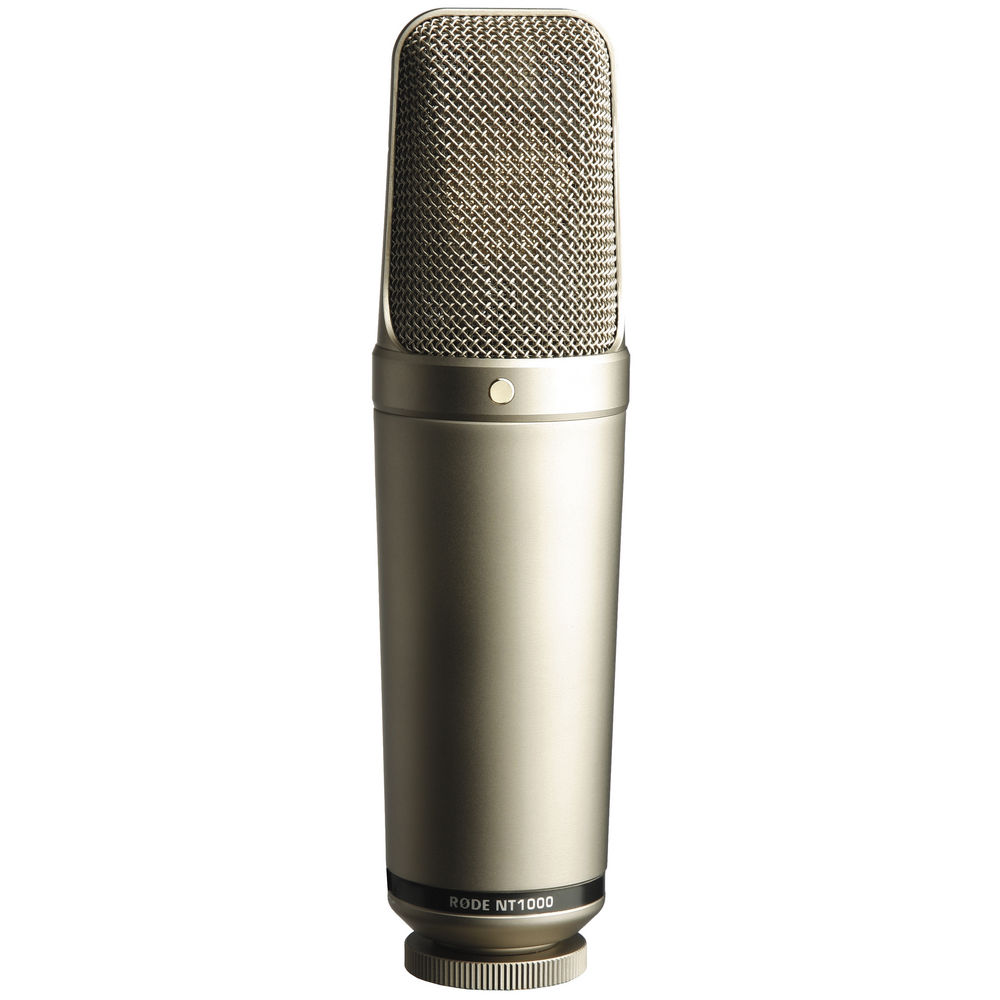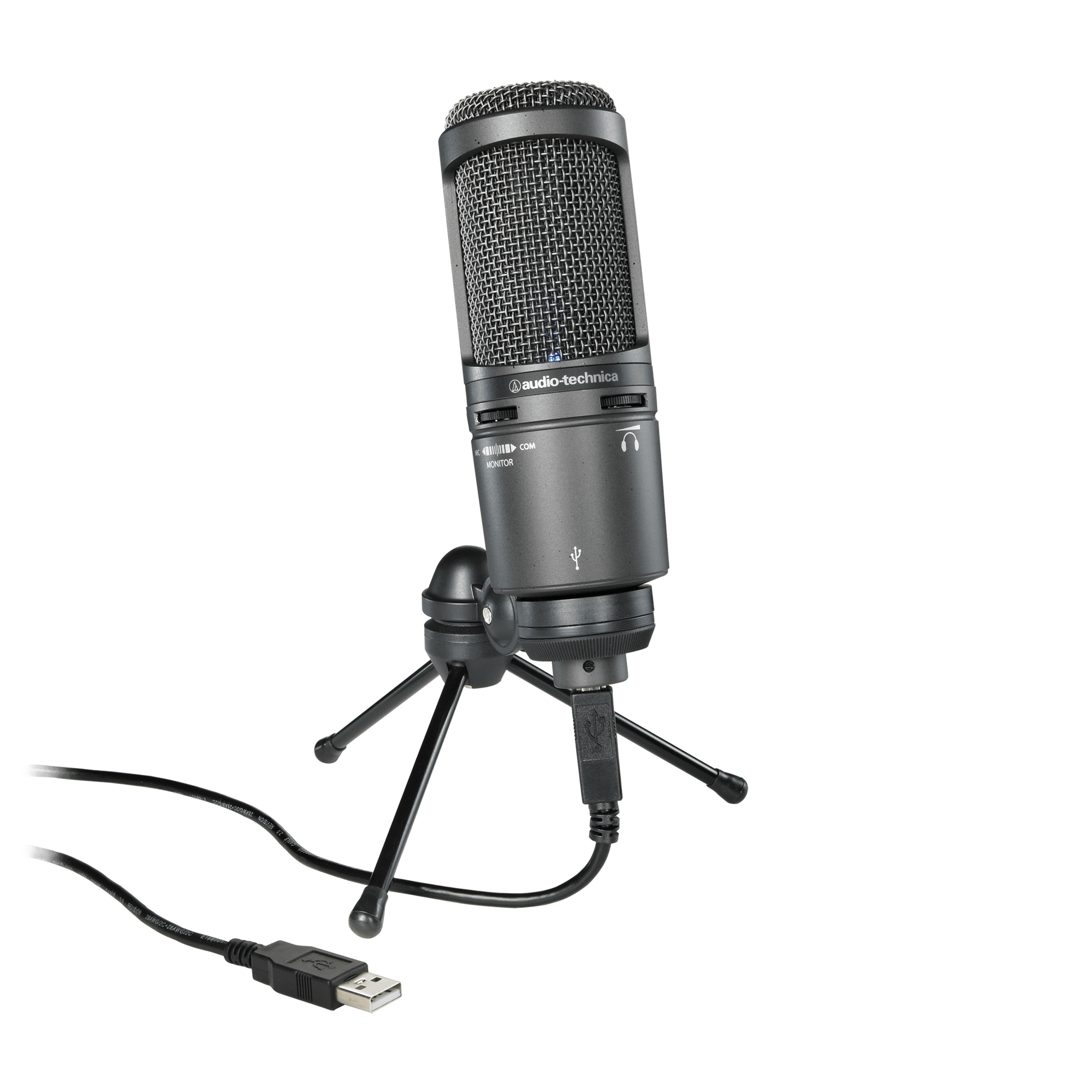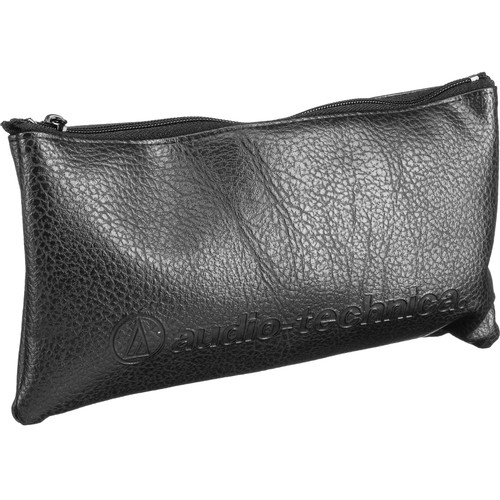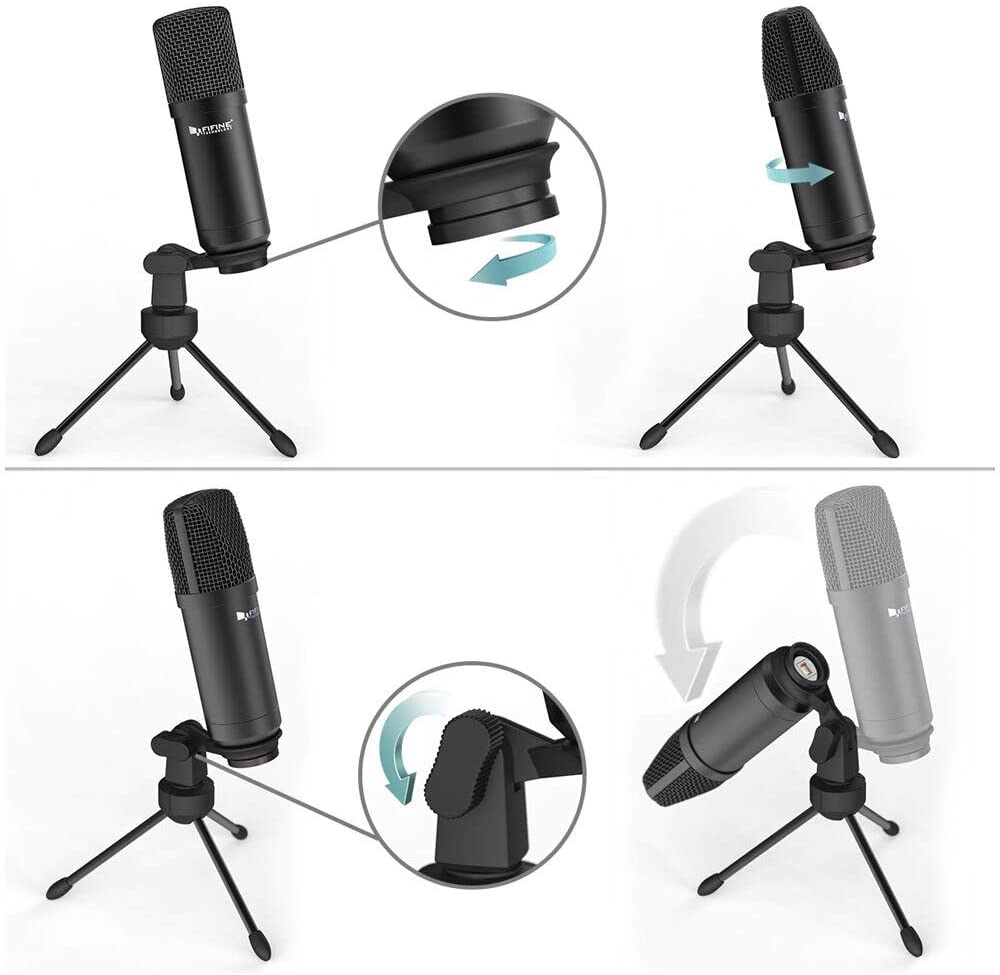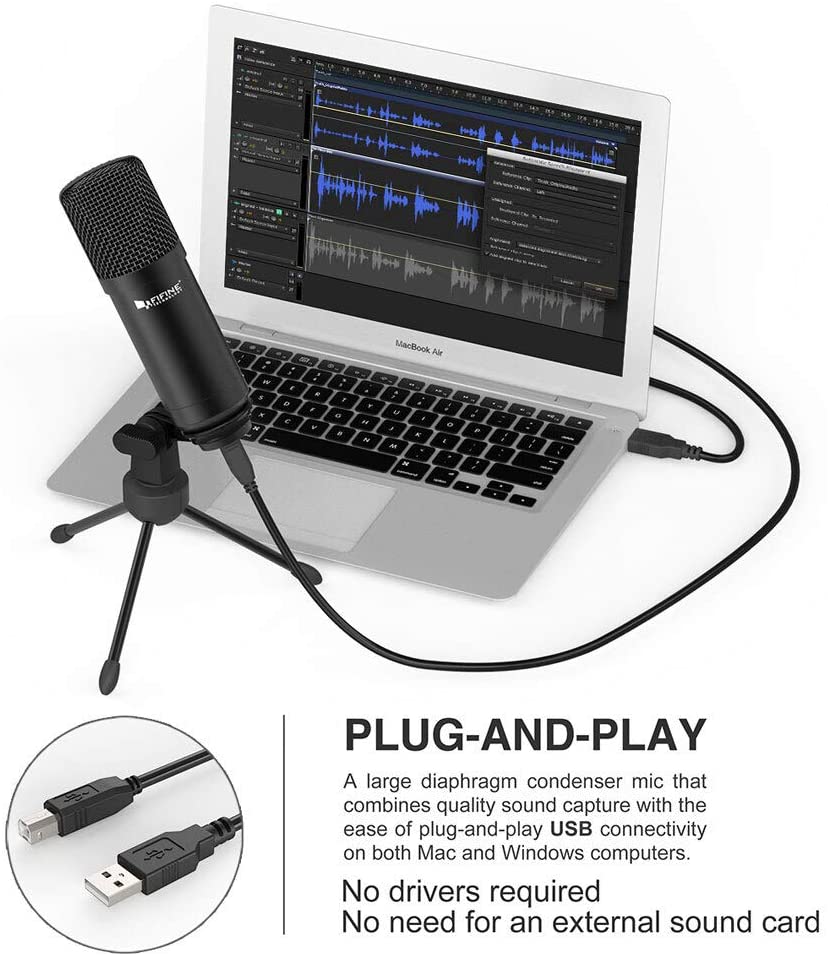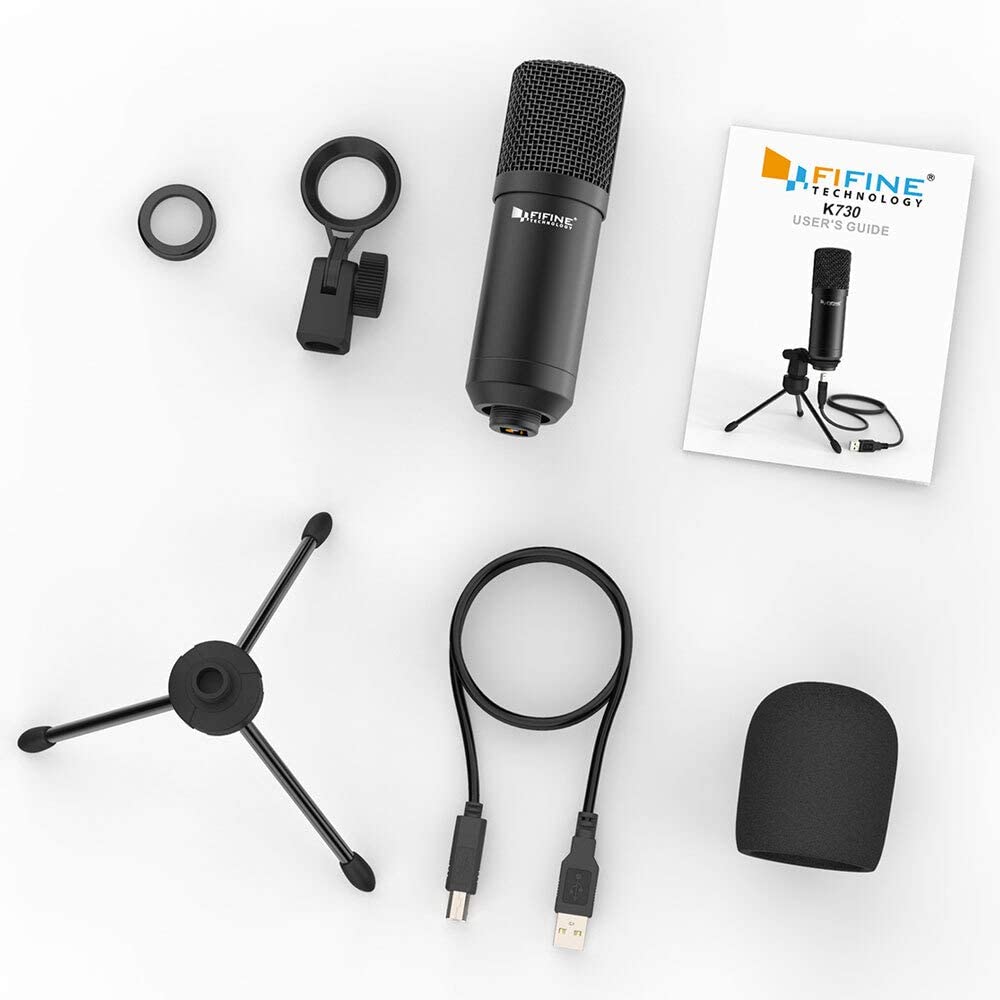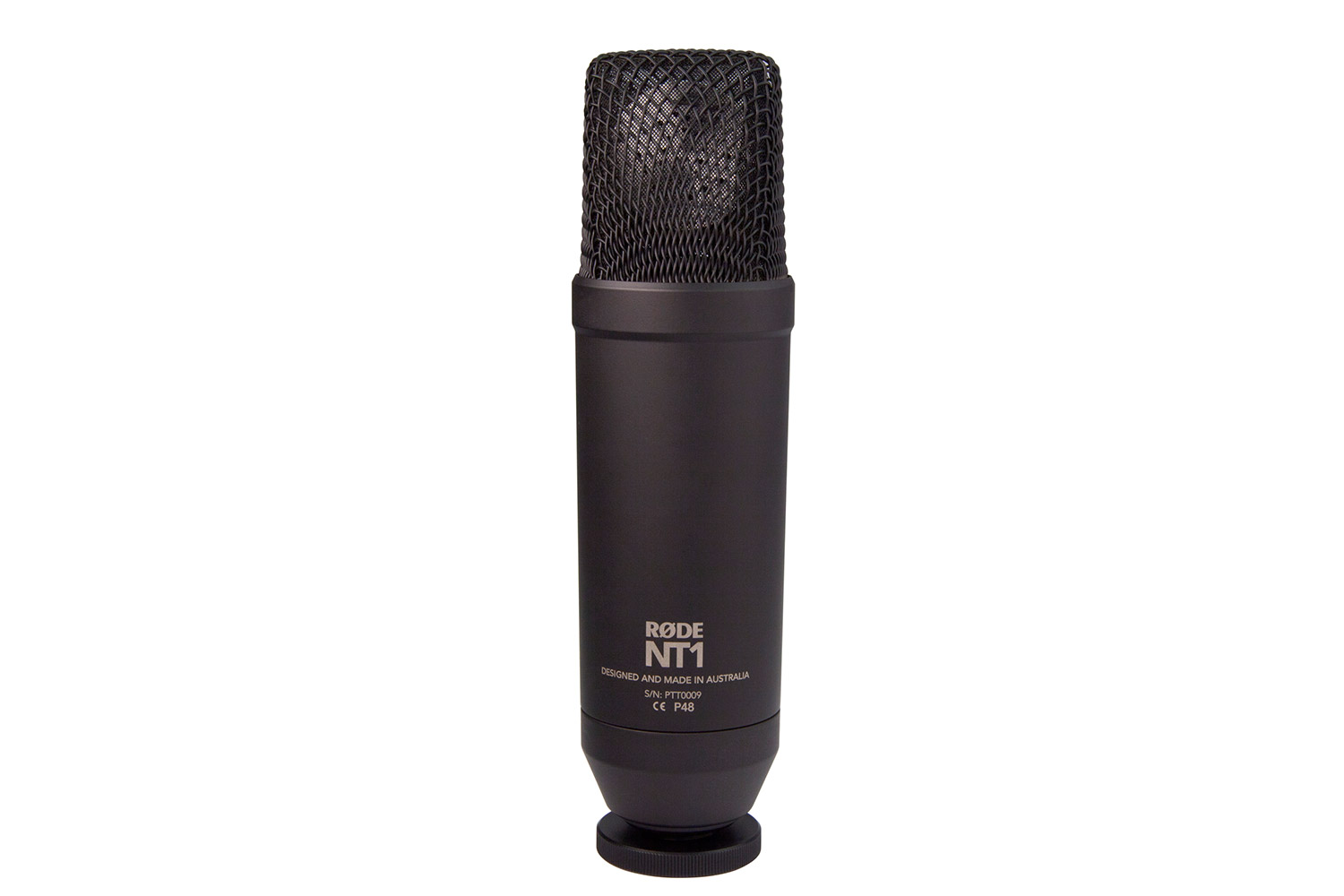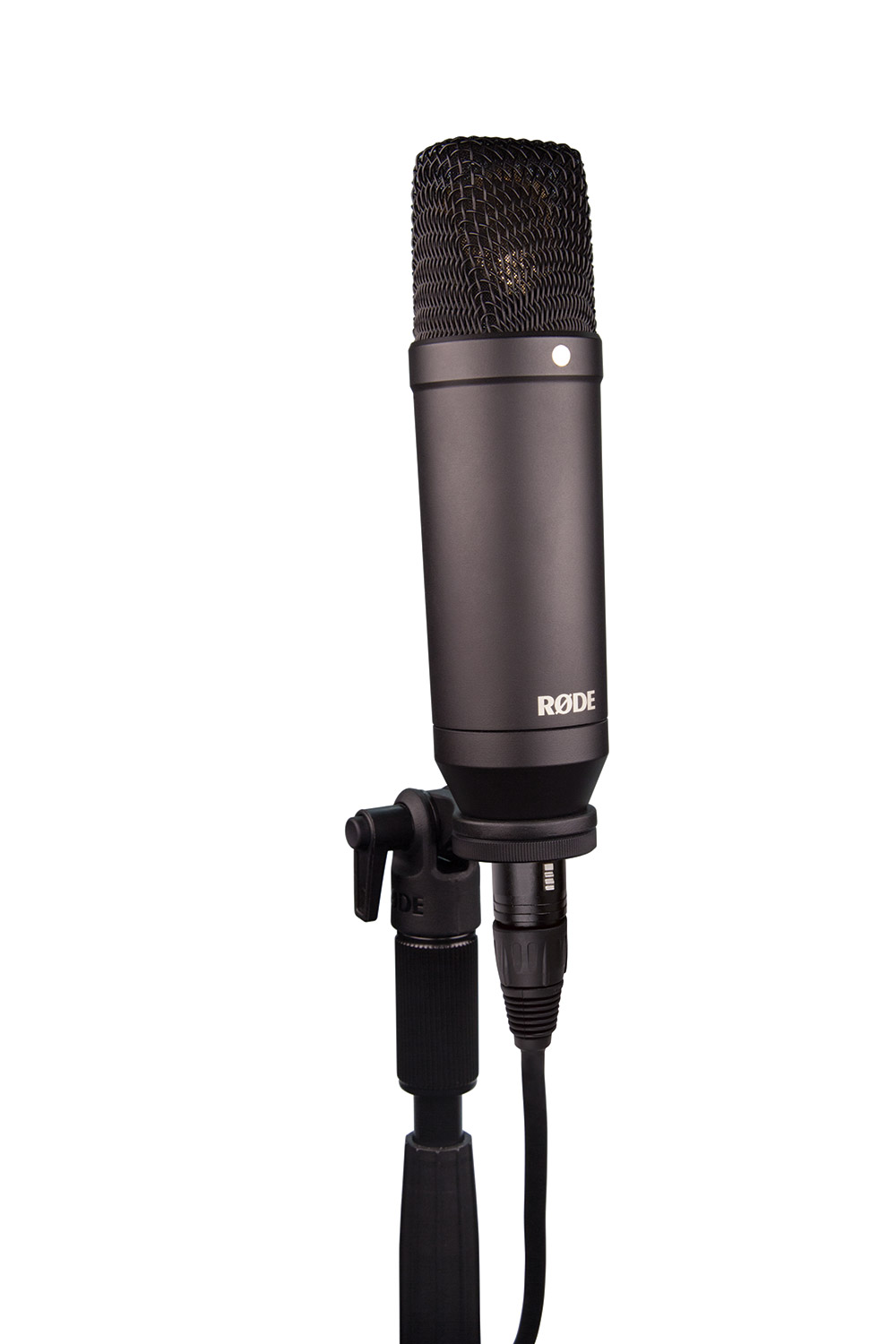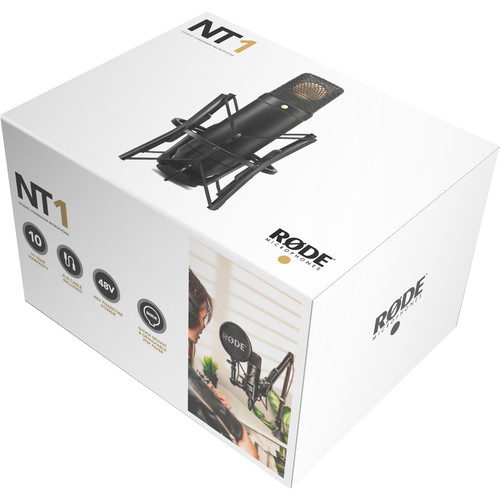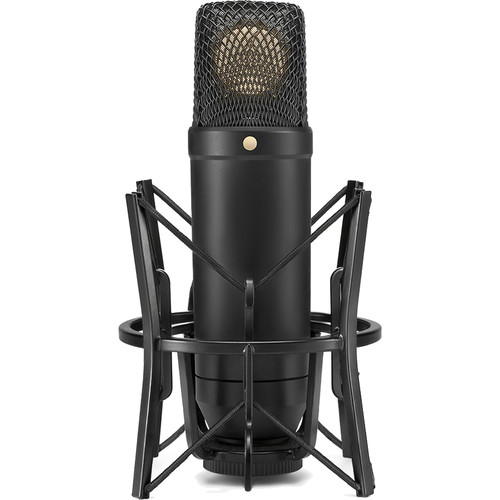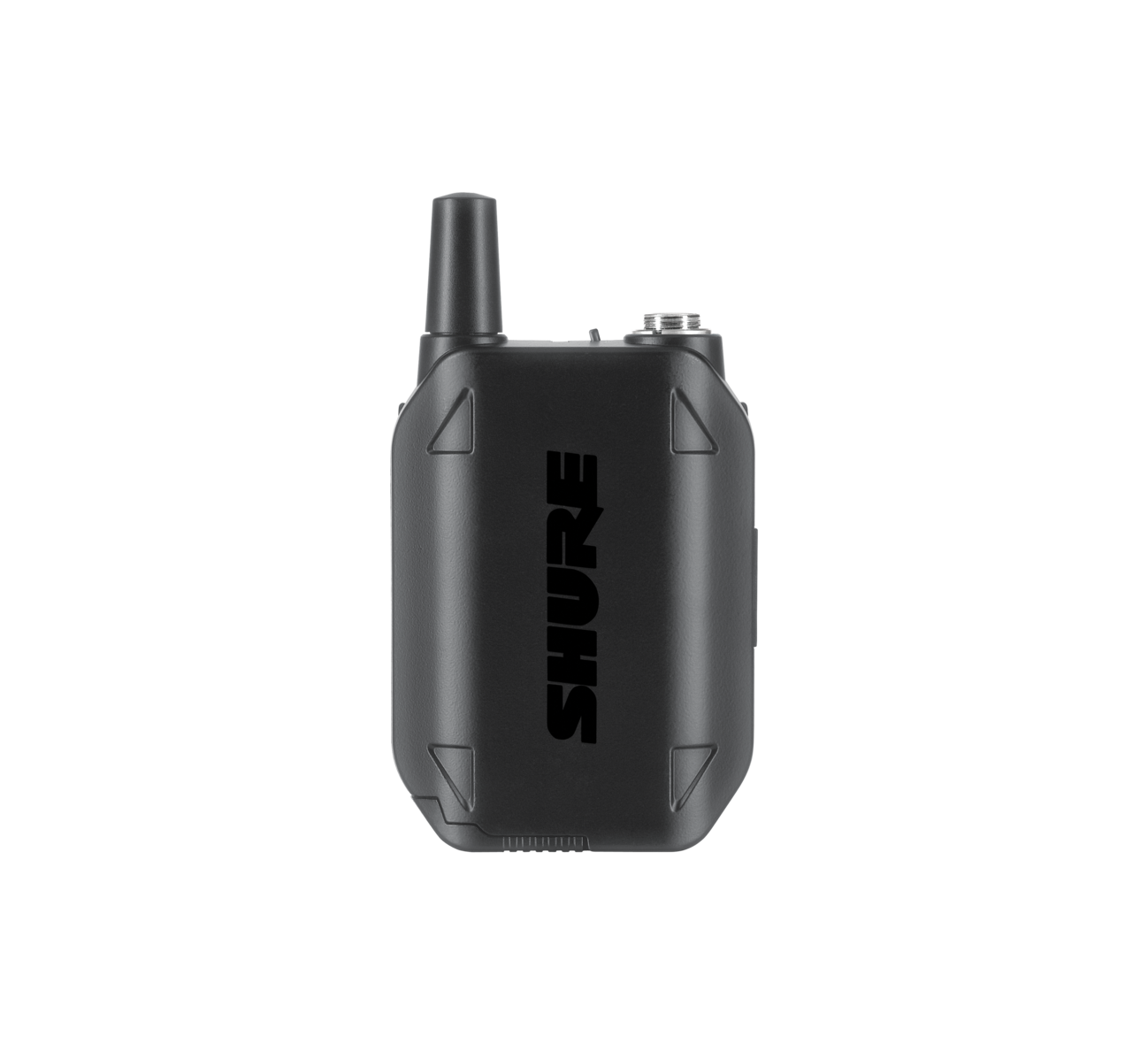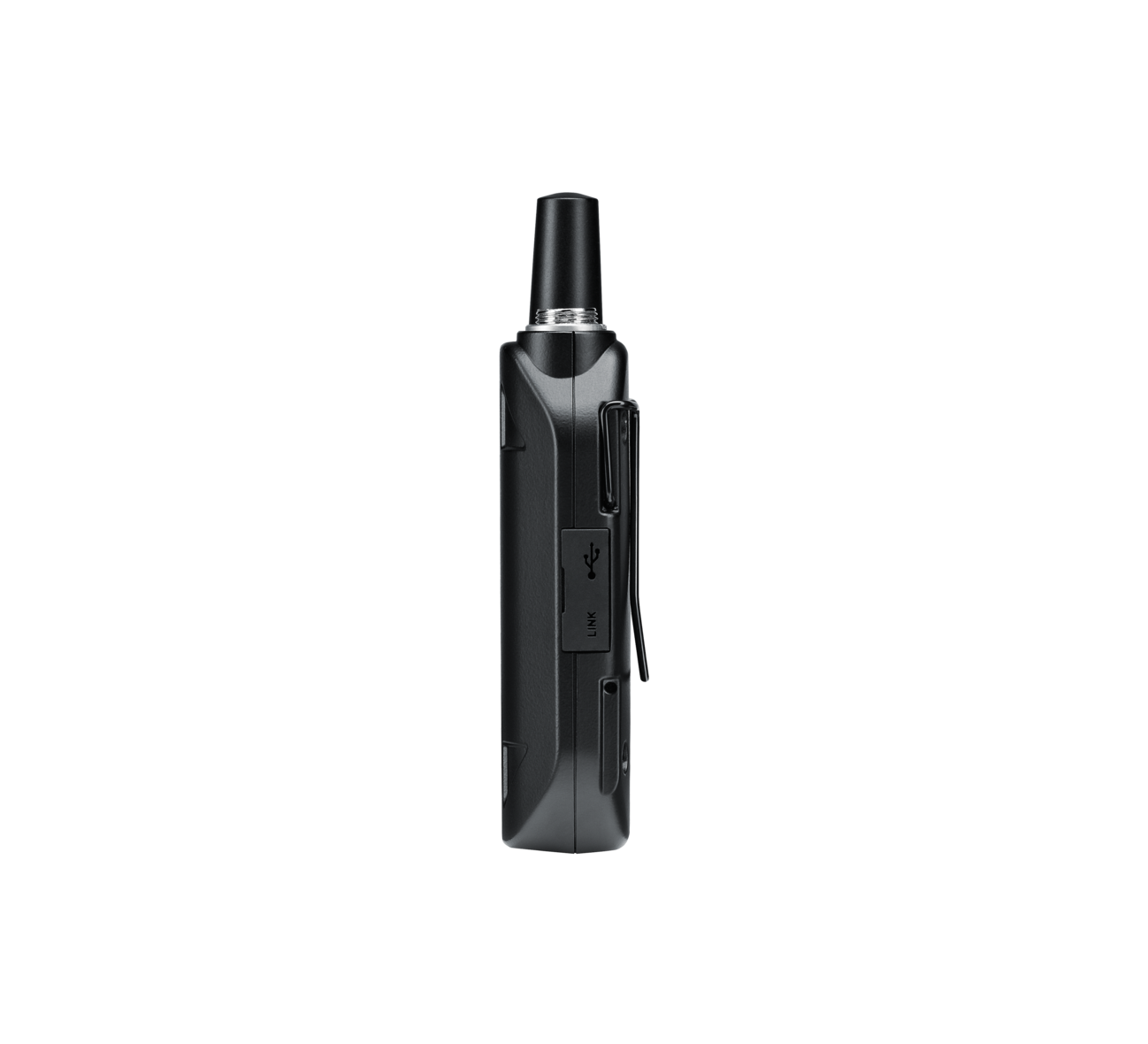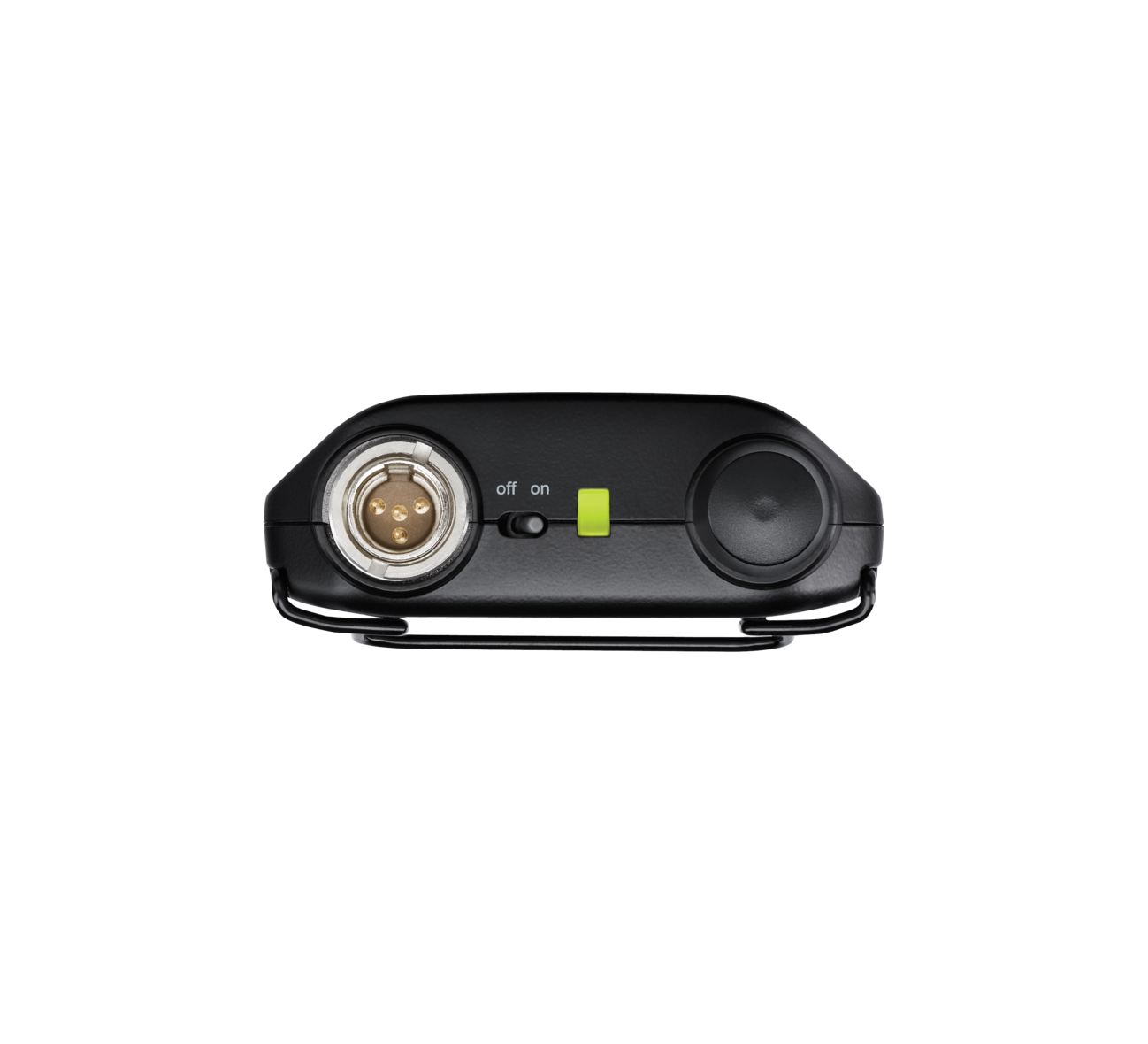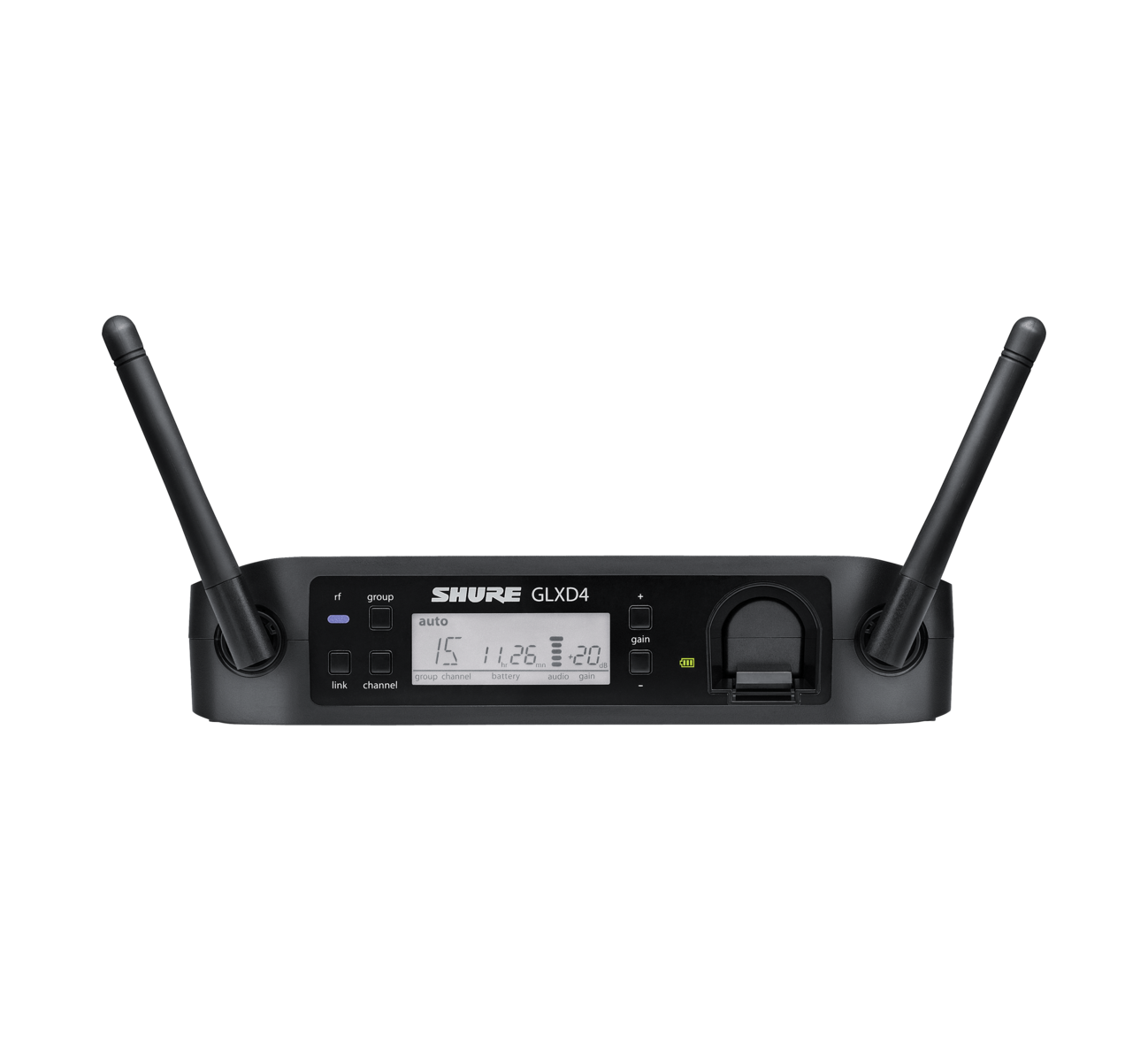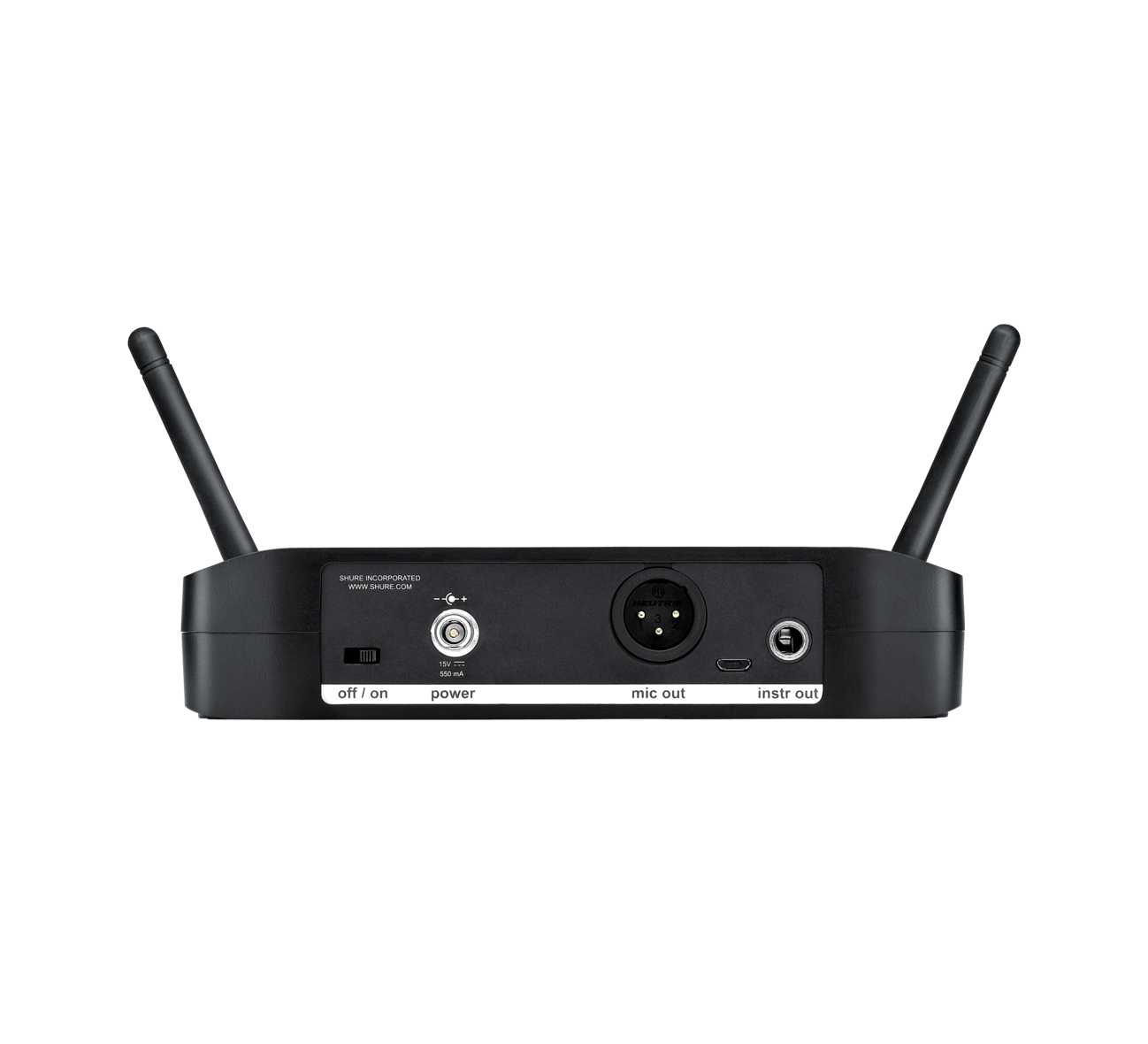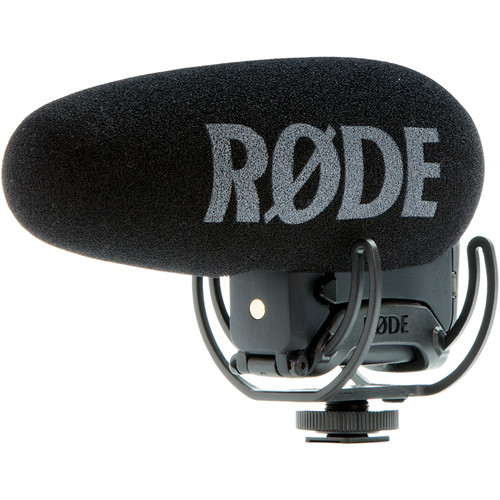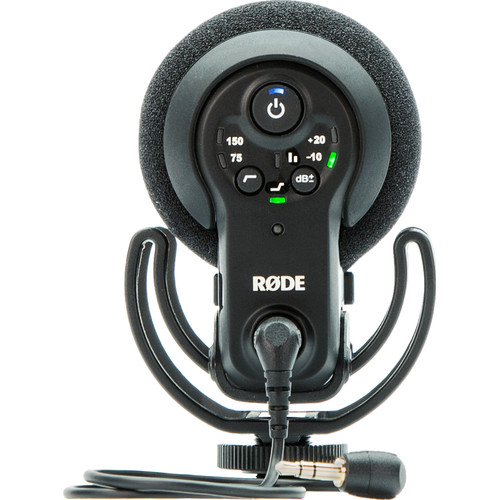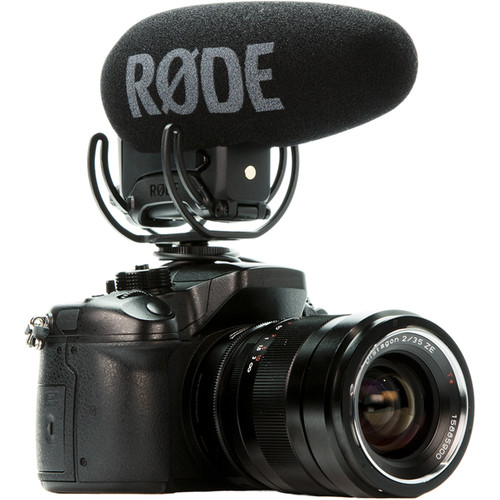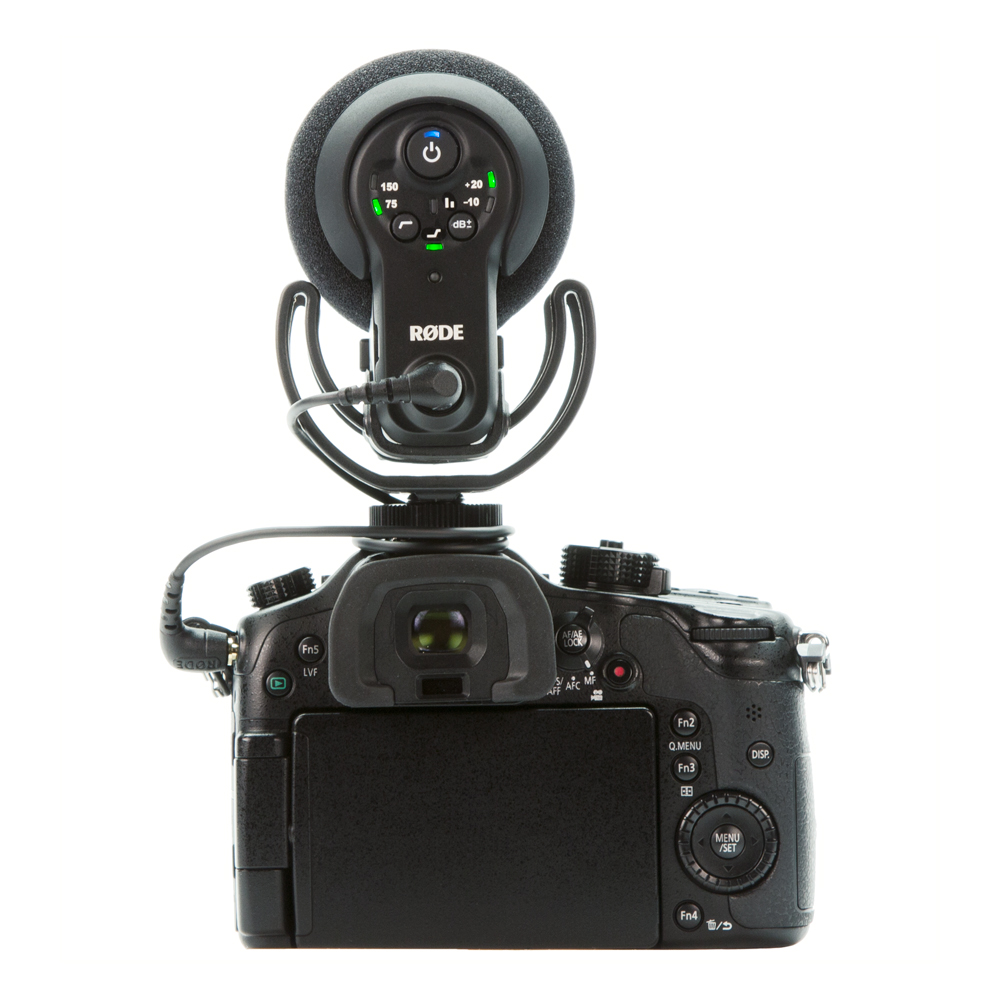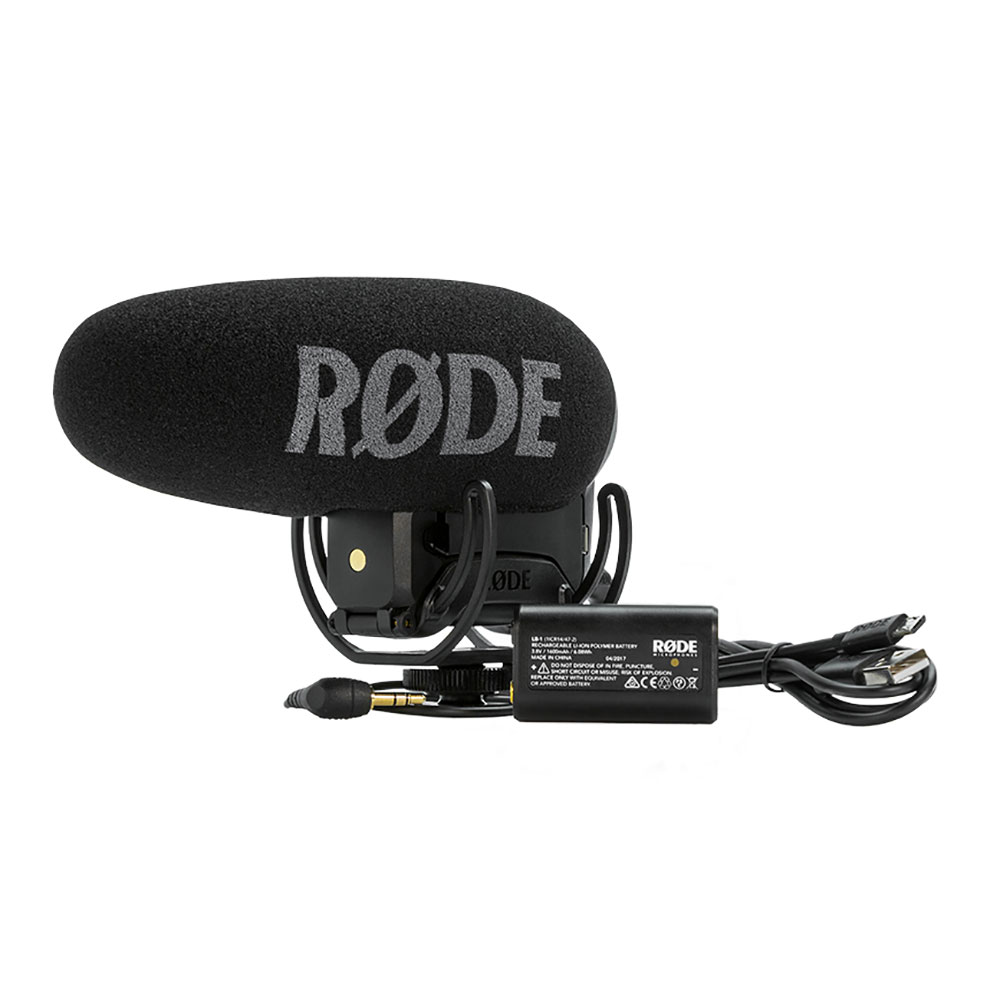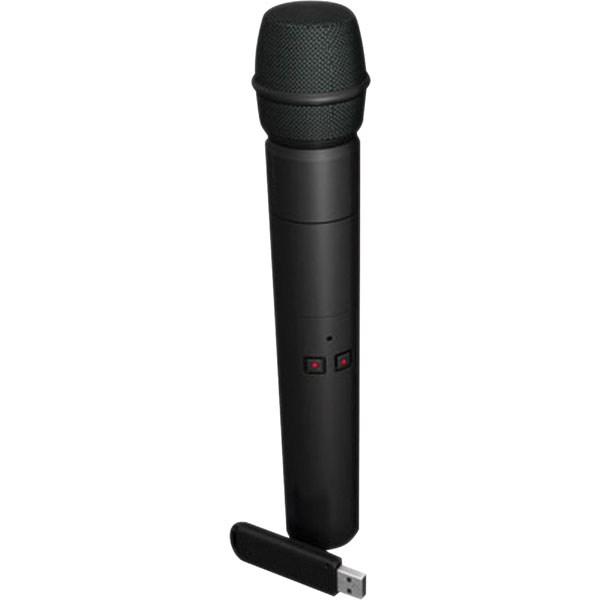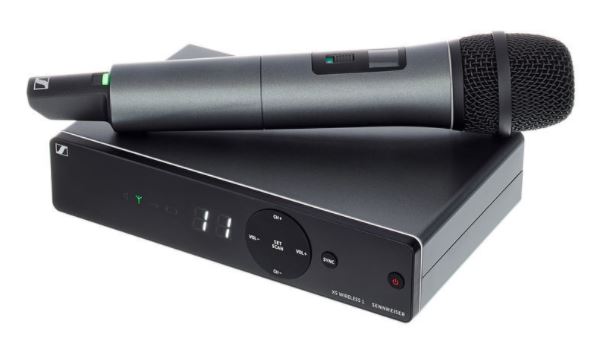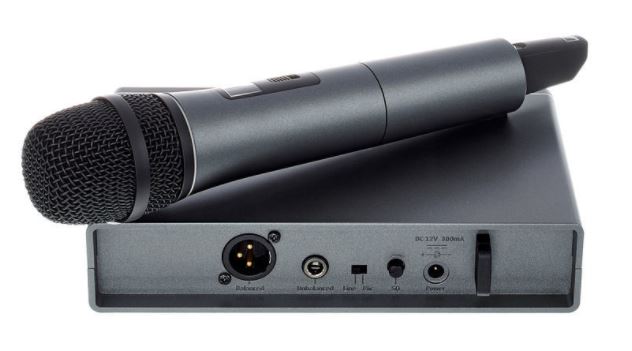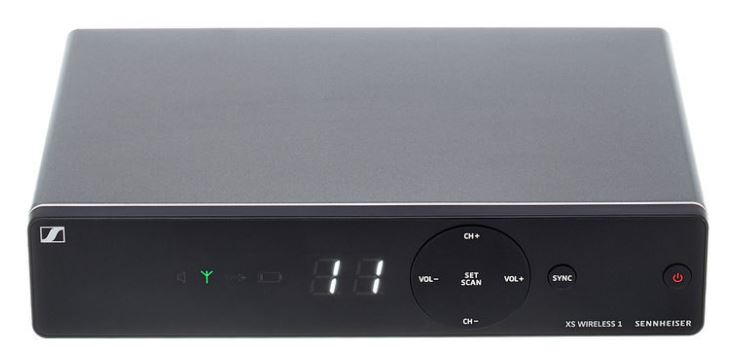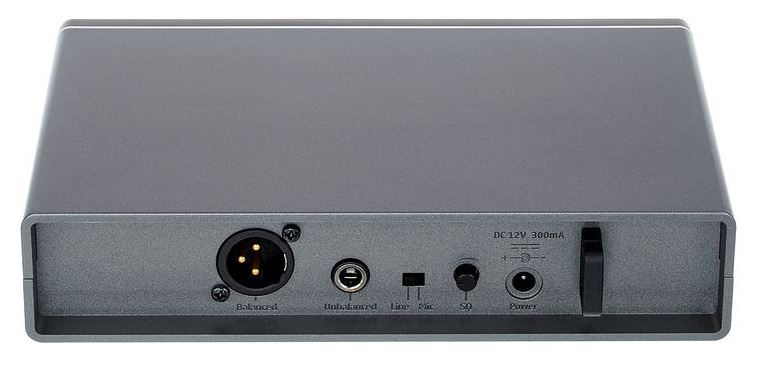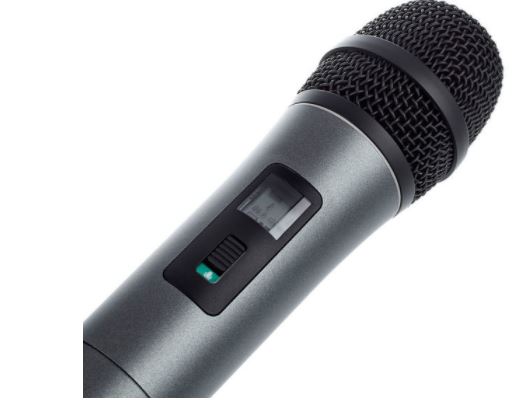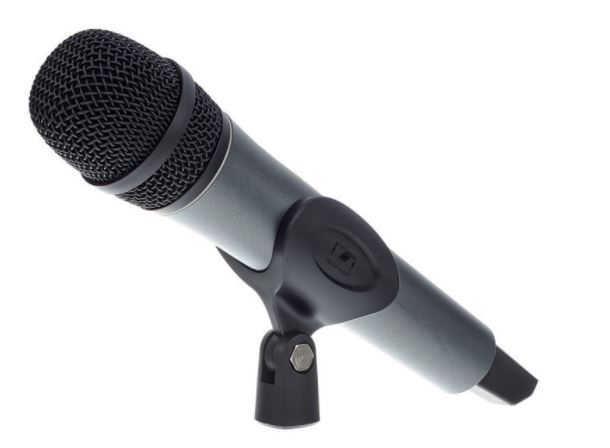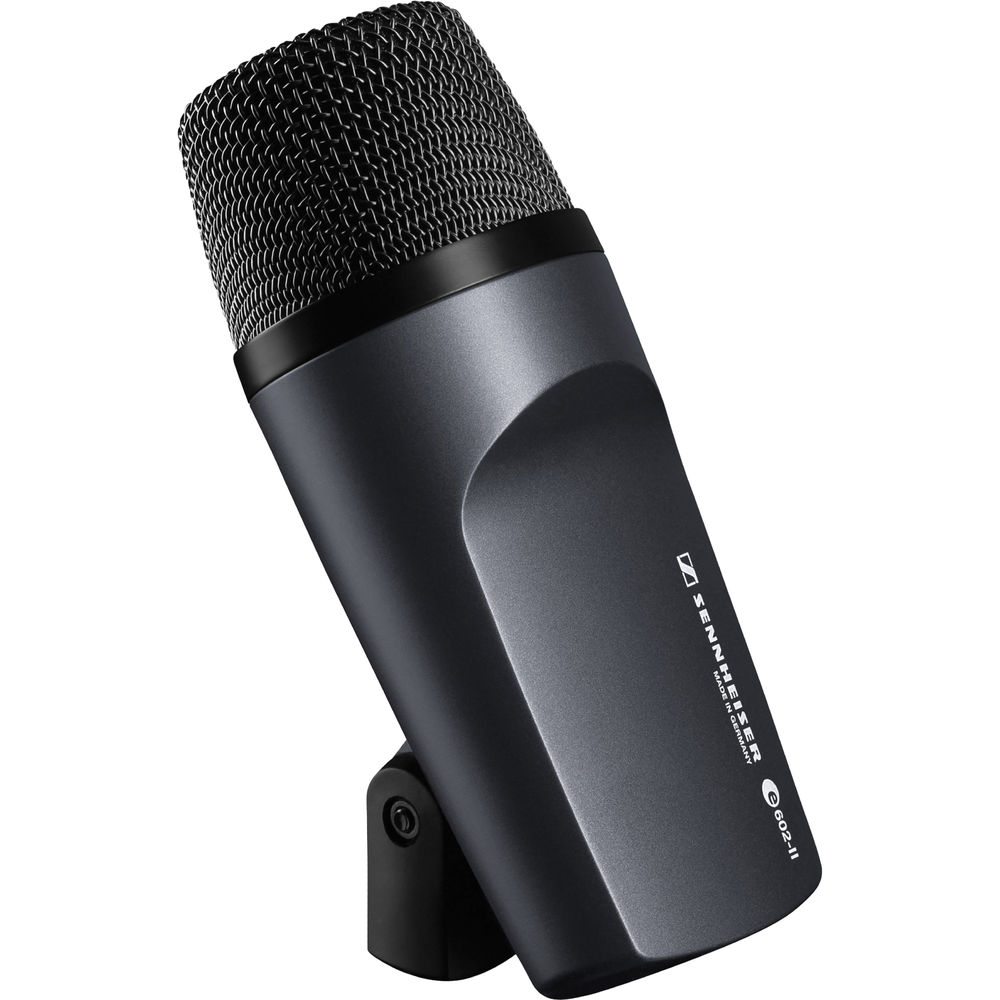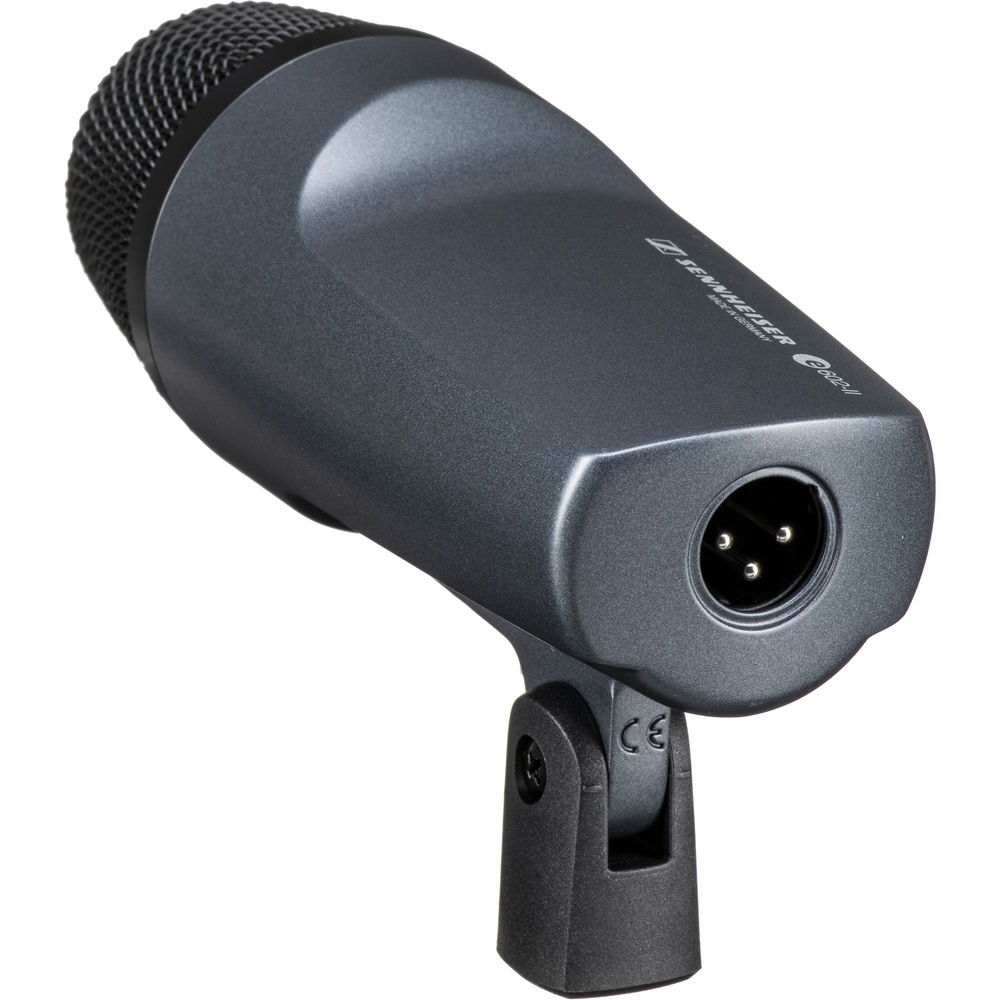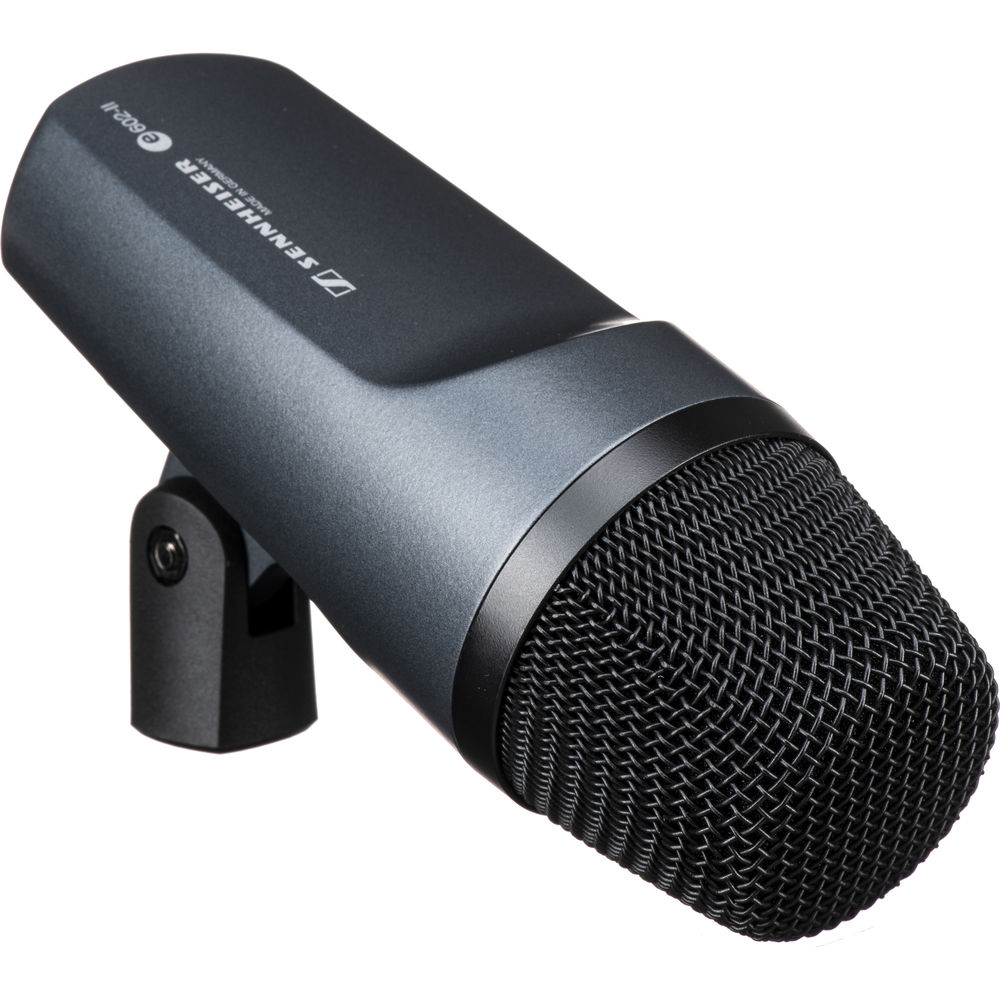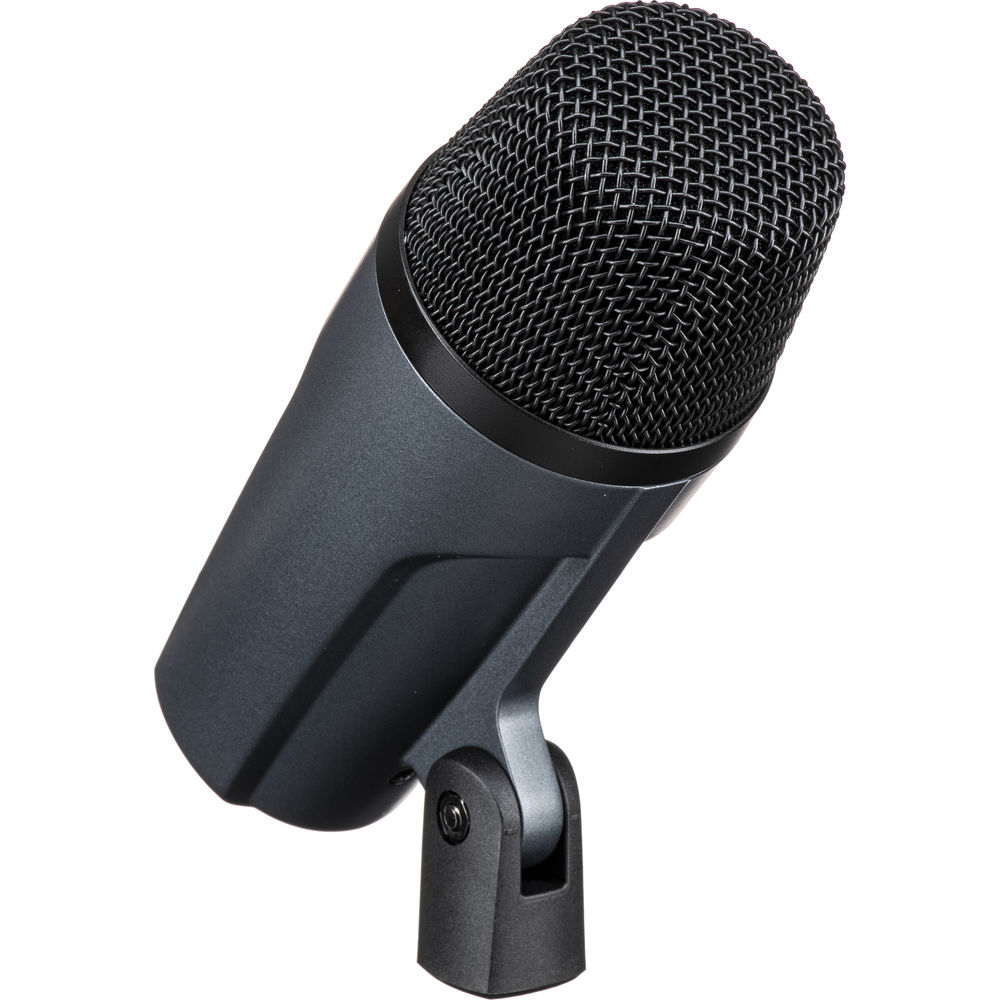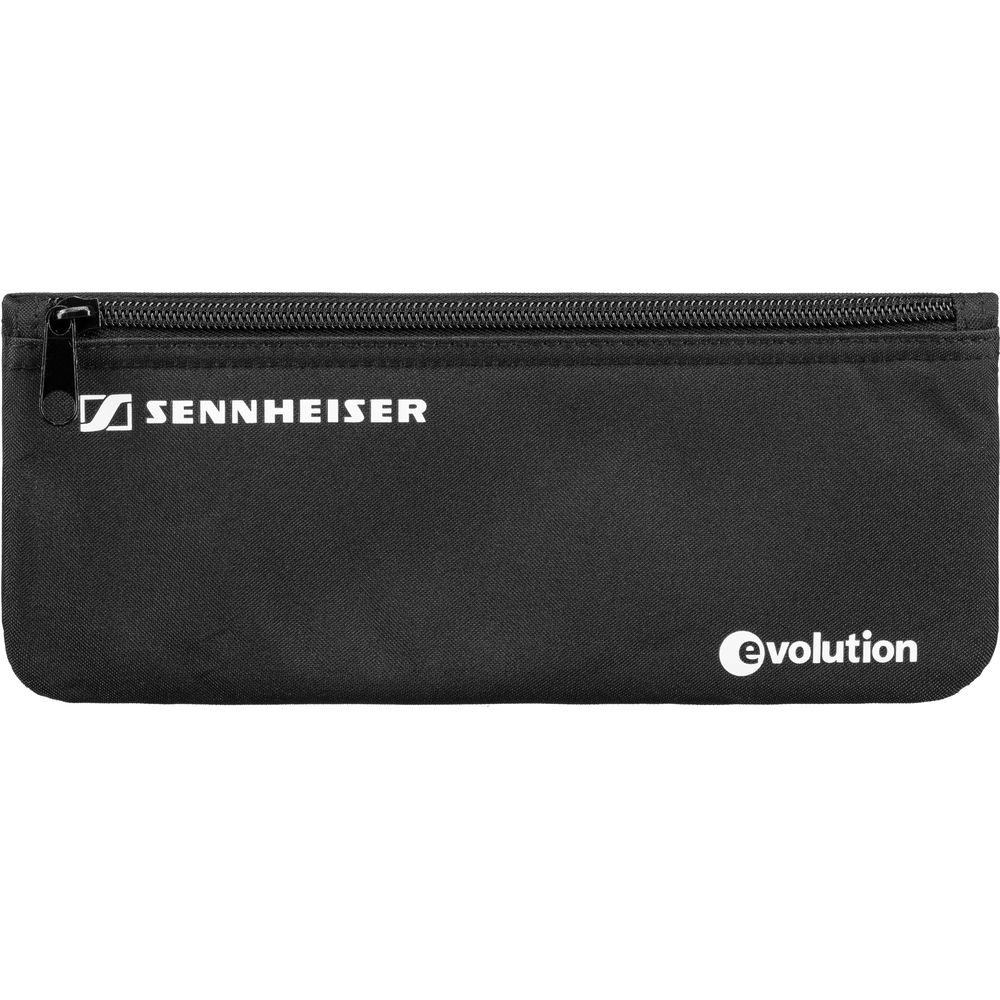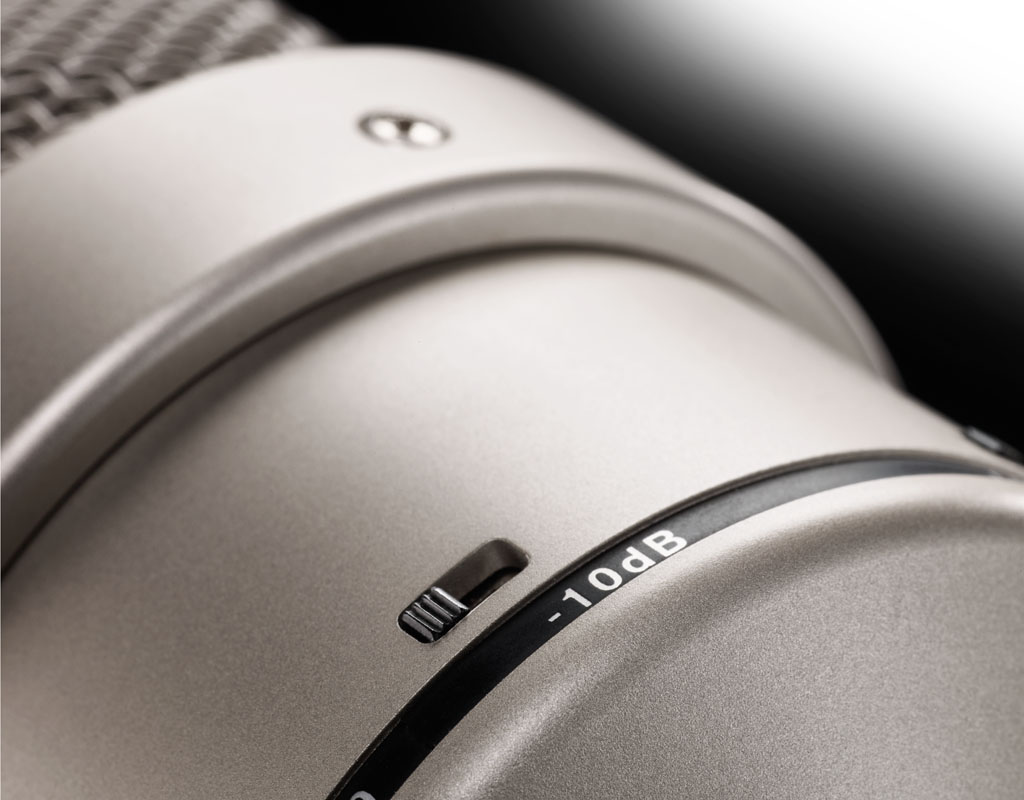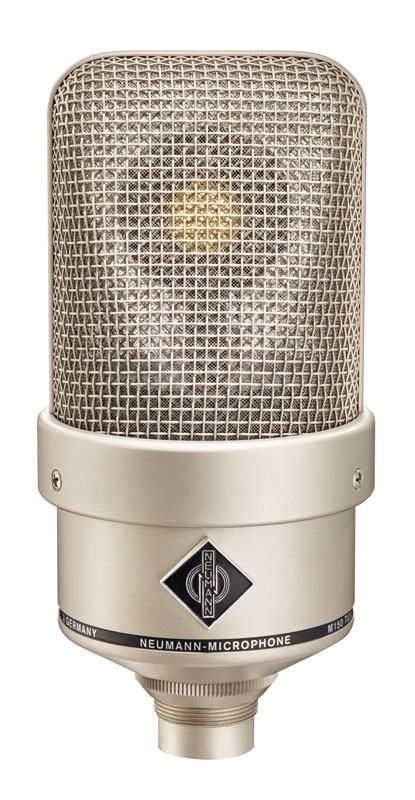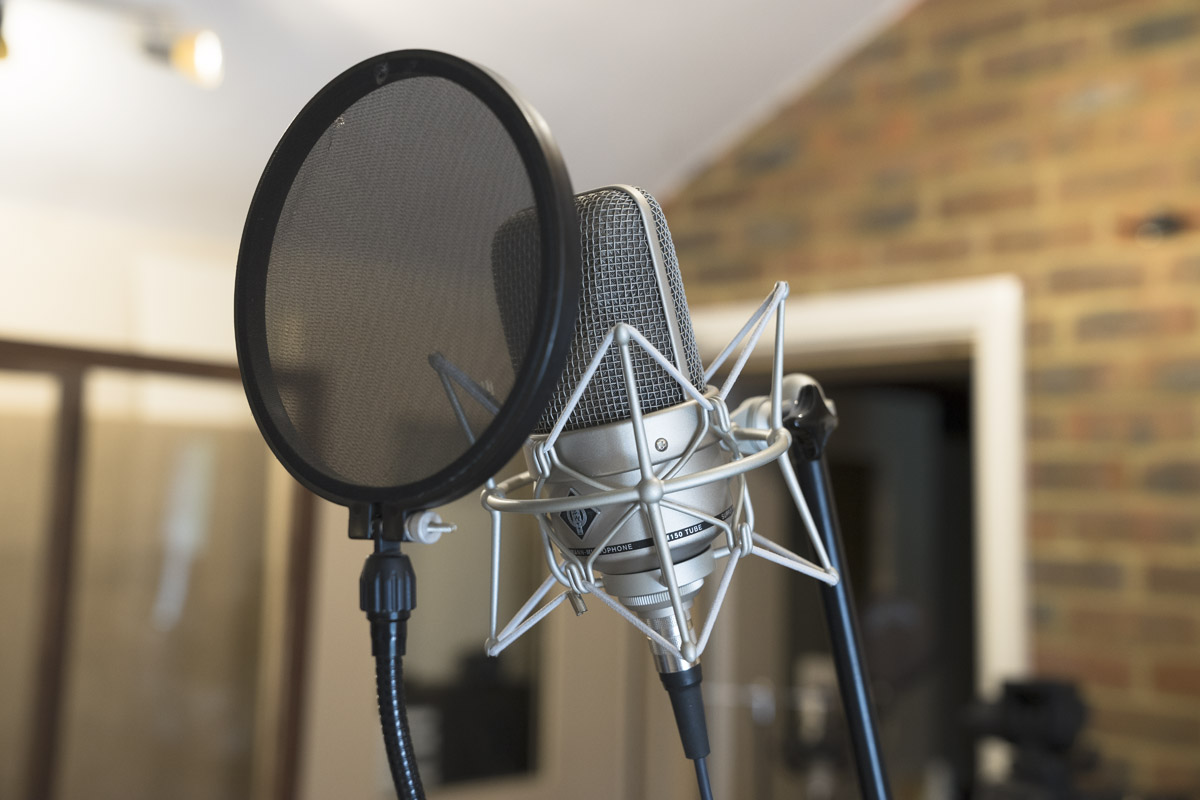Description
The Neumann M 150 Tube is a unique small diaphragm condenser microphone for orchestral recordings, based on the legendary Neumann M 50. The M 150 uses a titanium capsule flush mounted in a small sphere to create an omni pattern which becomes directional at higher frequencies. An innovative transformerless tube circuit ensures a vivid sound with low noise.
Like its predecessor, the M 150 uses a 12 mm small diaphragm capsule, flush mounted in a 40 mm sphere. The capsule itself is a pressure transducer, but the sphere modifies its omnidirectional pattern to become gradually more directional at higher frequencies. The M 150?s condenser transducer is extraordinary in other respects, too: Its ultra-thin diaphragm is made of titanium, a light yet rigid metal, and spaced only 10 microns from the backplate, also made of titanium. The result is a sound transducer with unparalleled transient response. This delicate capsule is protected by an acoustically open headgrille shaped just like that of the venerable M 50.
The capsule signal is amplified by a tube circuit using a subminiature triode, specially selected for optimal transmission characteristics and lowest self-noise of only 15 dB-A. Unlike its ancestor developed in the 1950s, however, the M 150 does not use an output transformer which might color the sound. Instead, the M 150 relies on an ultra-transparent transformerless output stage ensuring a clear low end, even at highest levels, and a wide dynamic range of 119 dB. Moreover, this state of the art output stage allows for long cable runs of up to 300 m without transmission losses.
The M 150 is primarily designed to bring unprecedented detail and realism to orchestral recordings, e.g. of classical pieces and film scores. Due to its unique ?directional omni? characteristic, its outstanding transient response, and a gradually rising sensitivity above 1 kHz, the Neumann M 150 is the perfect microphone for DECCA Tree techniques, including extended surround setups.


